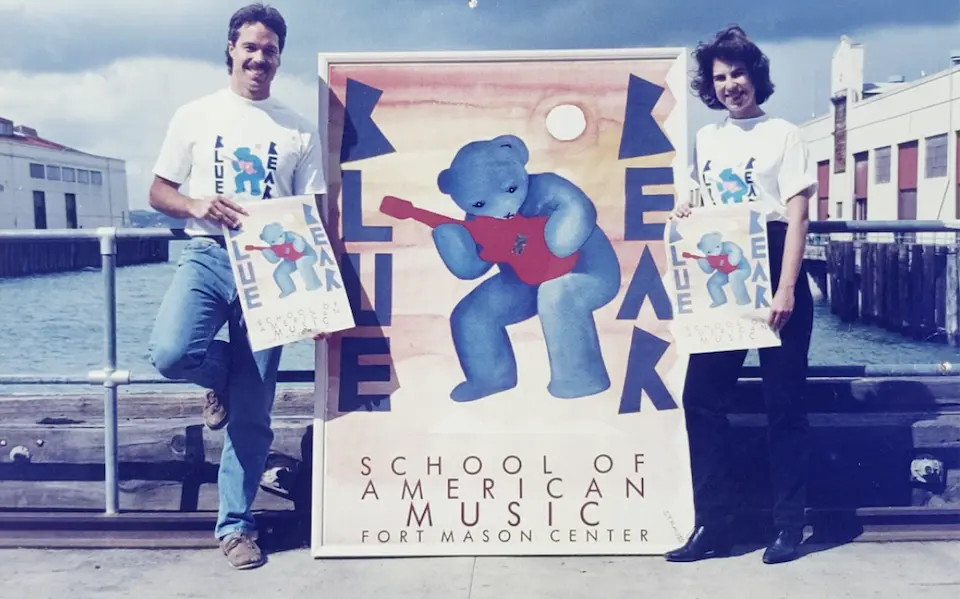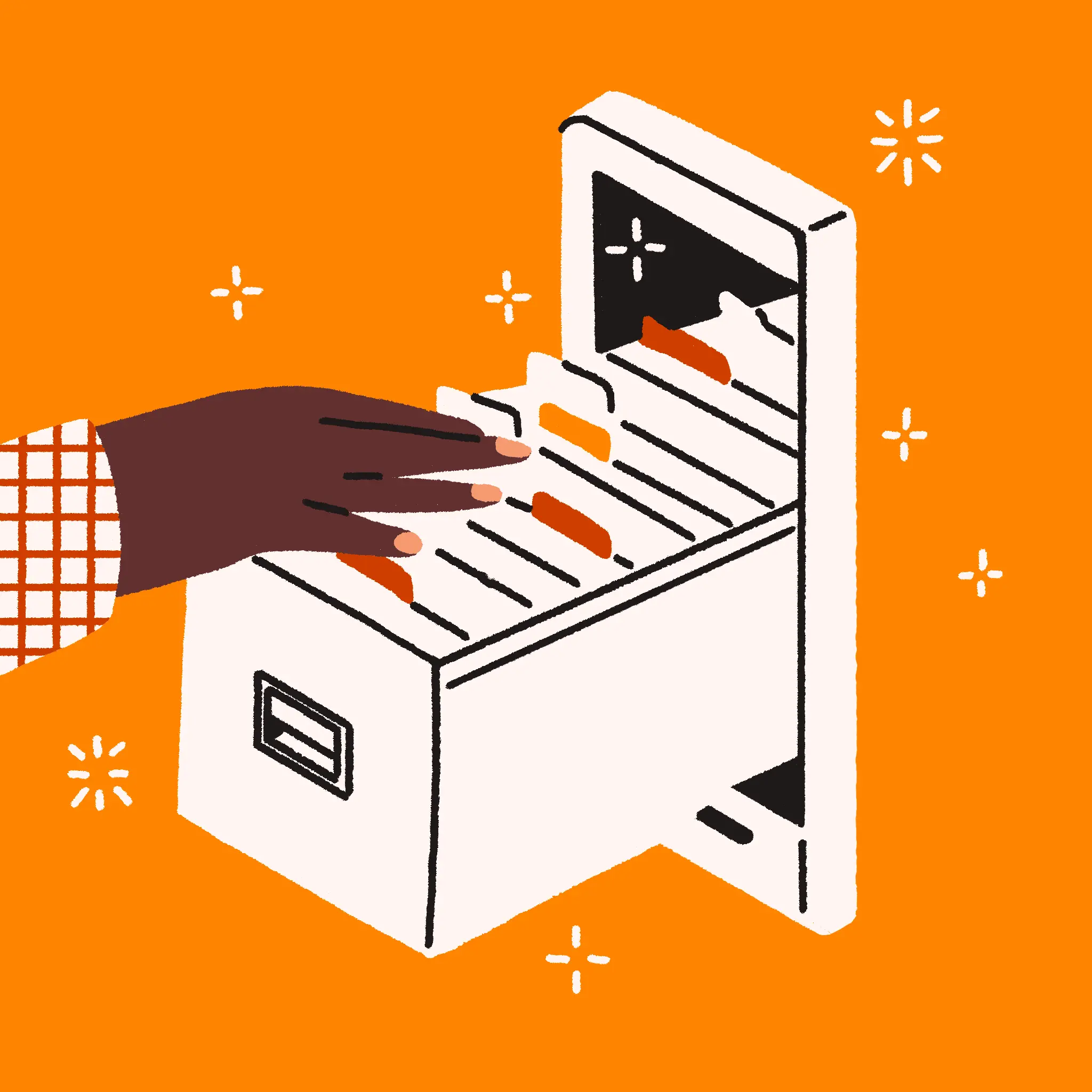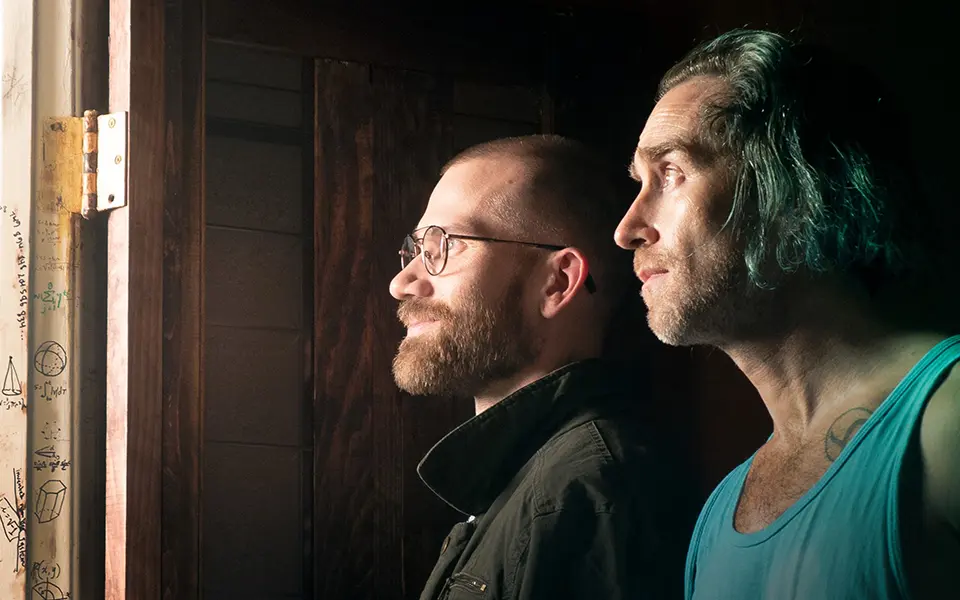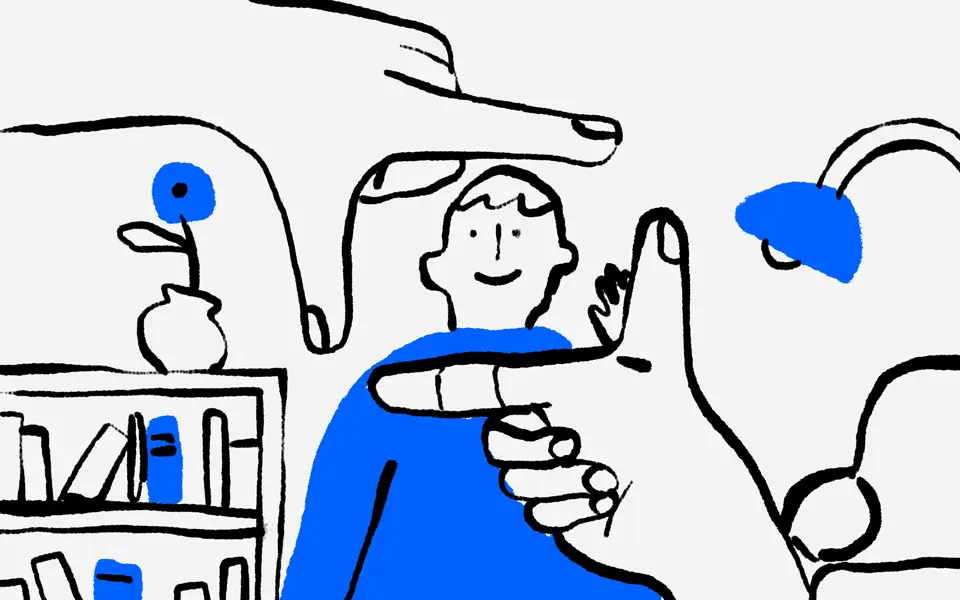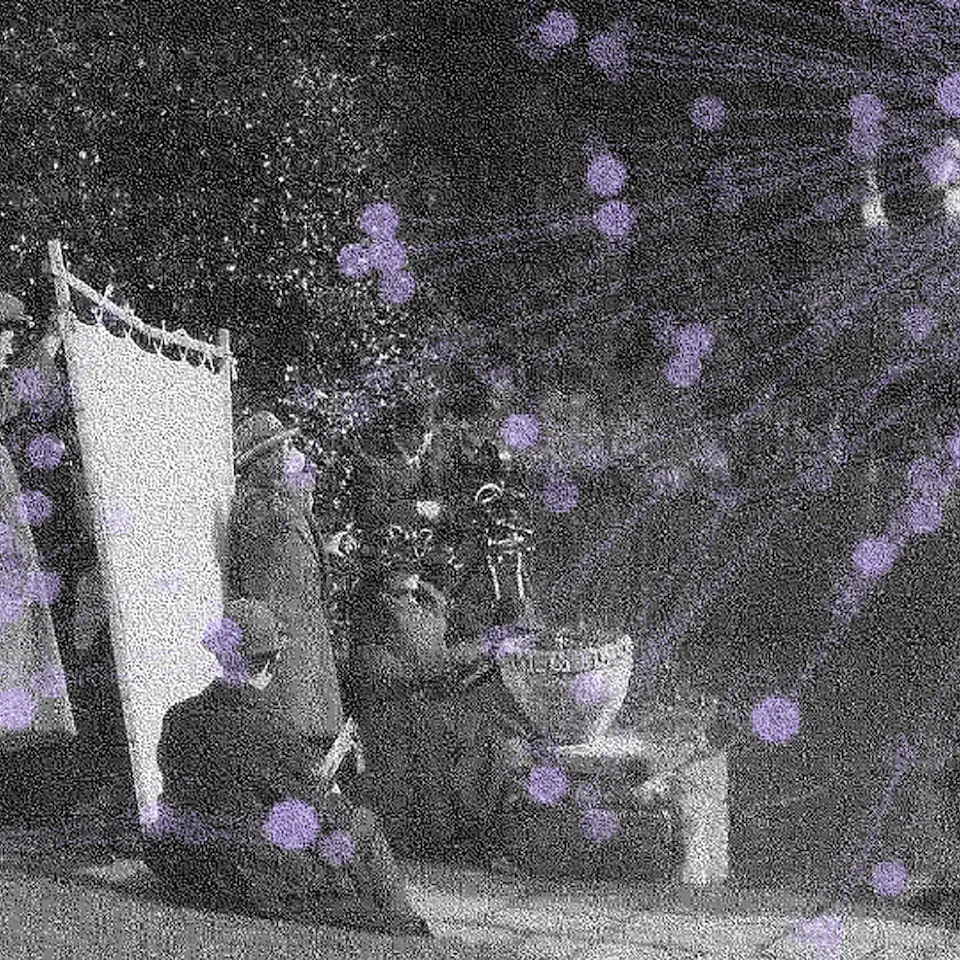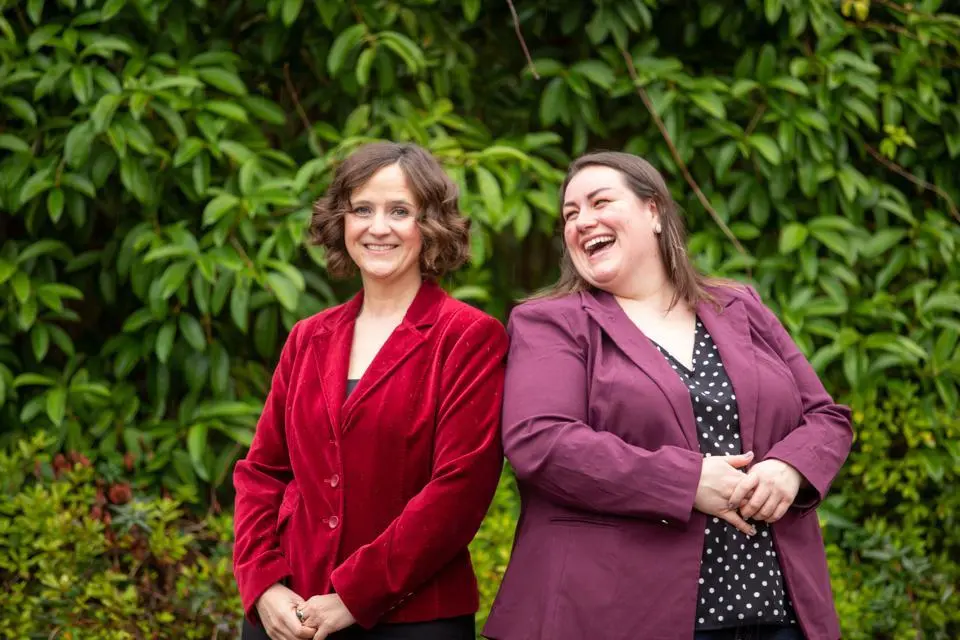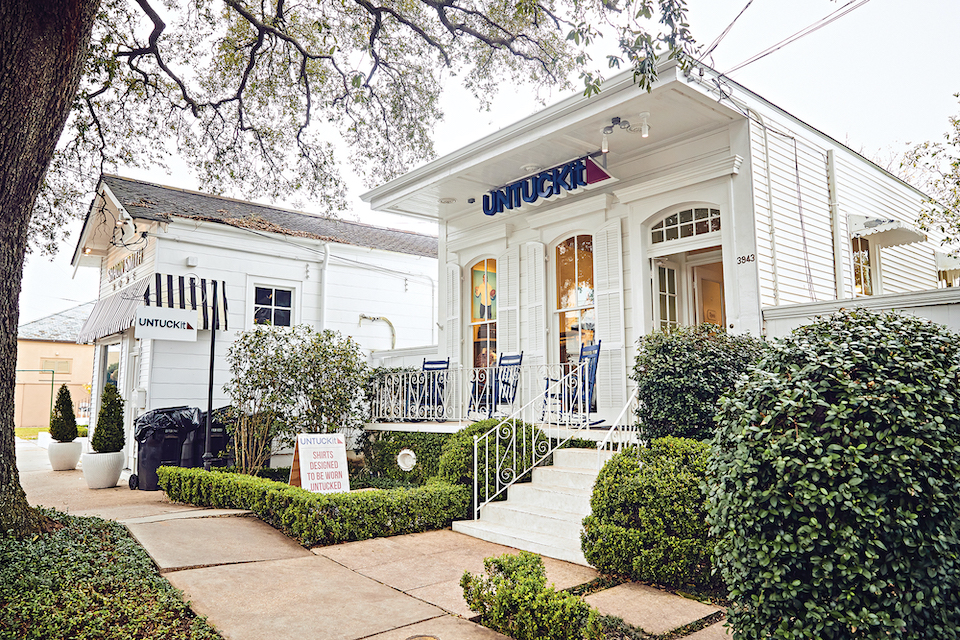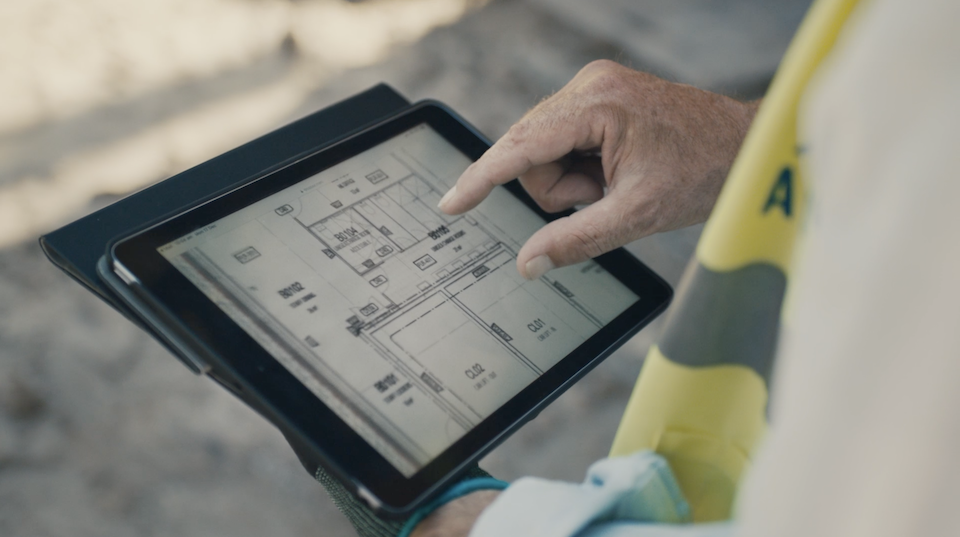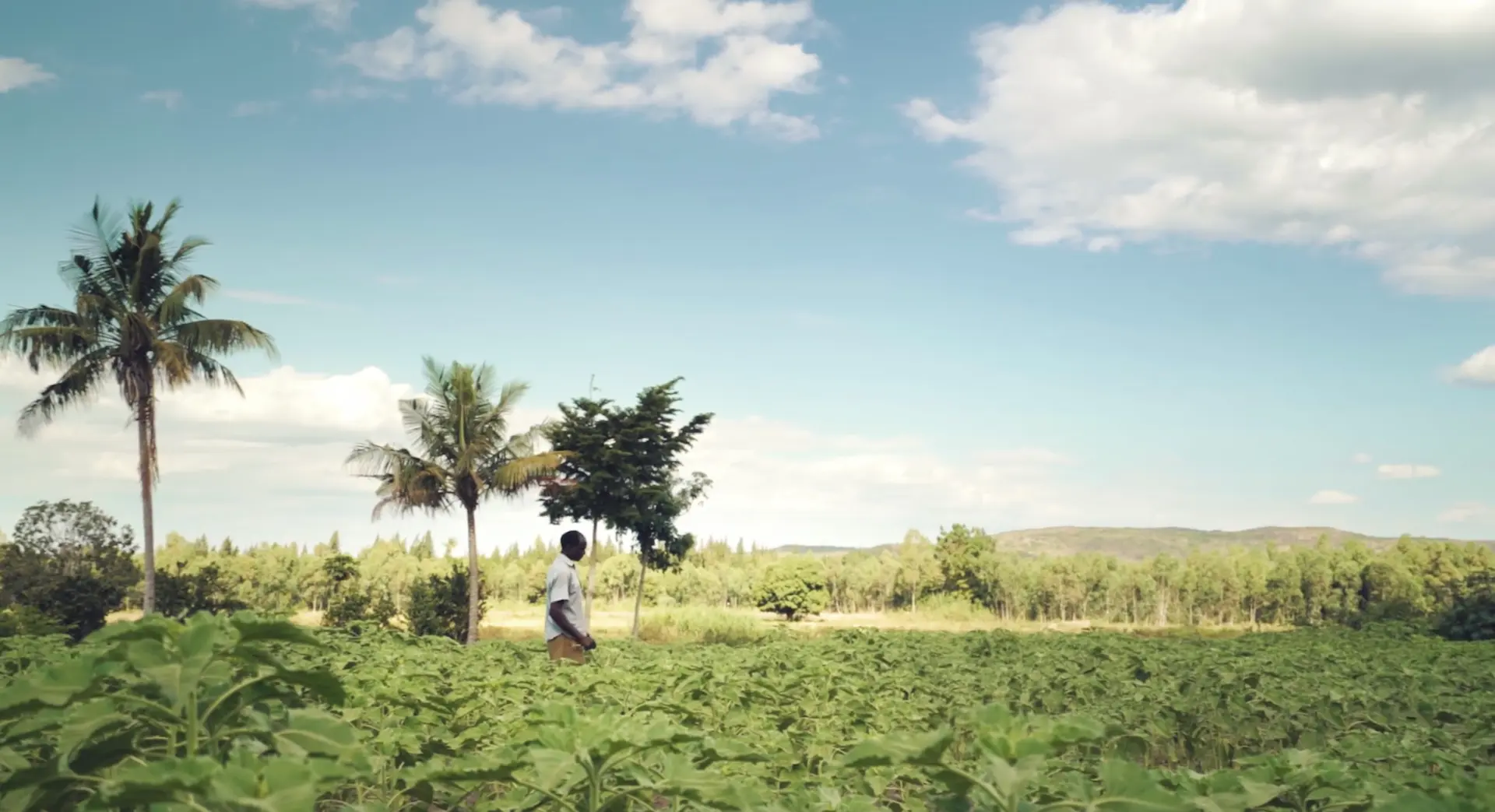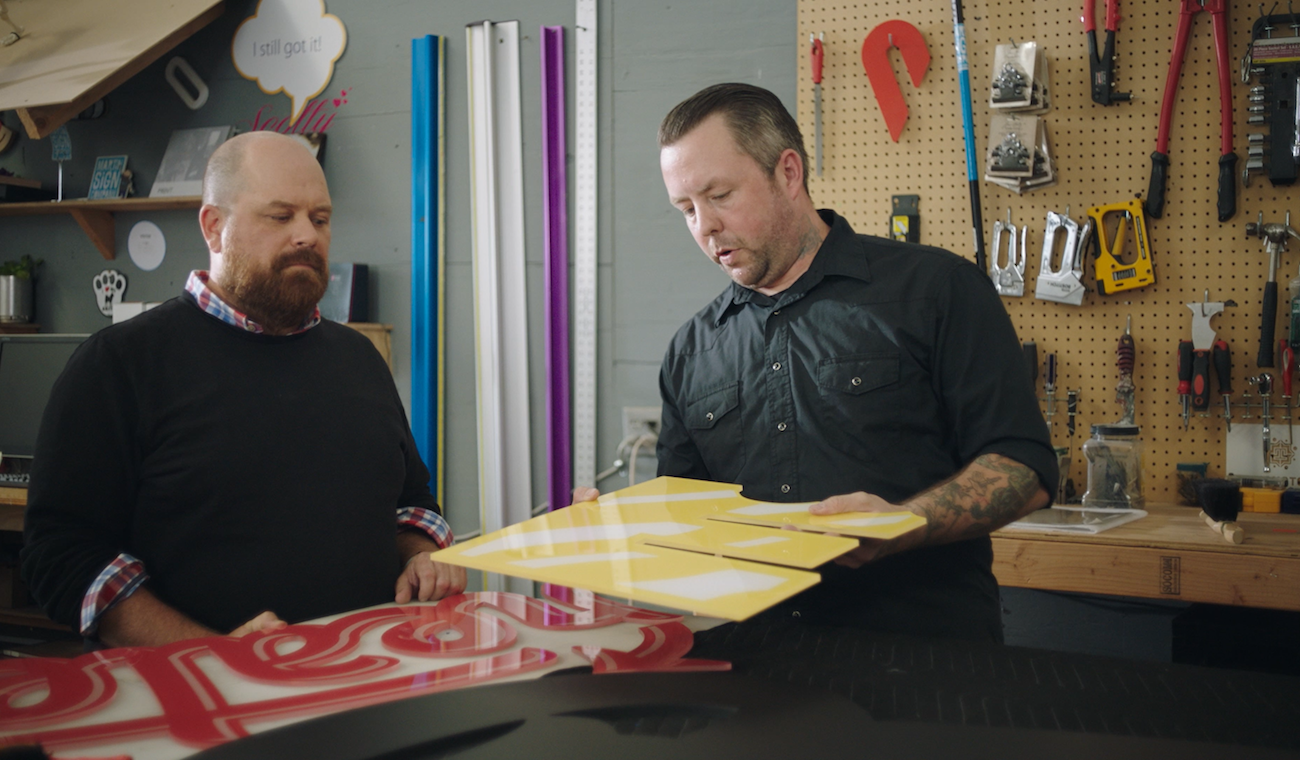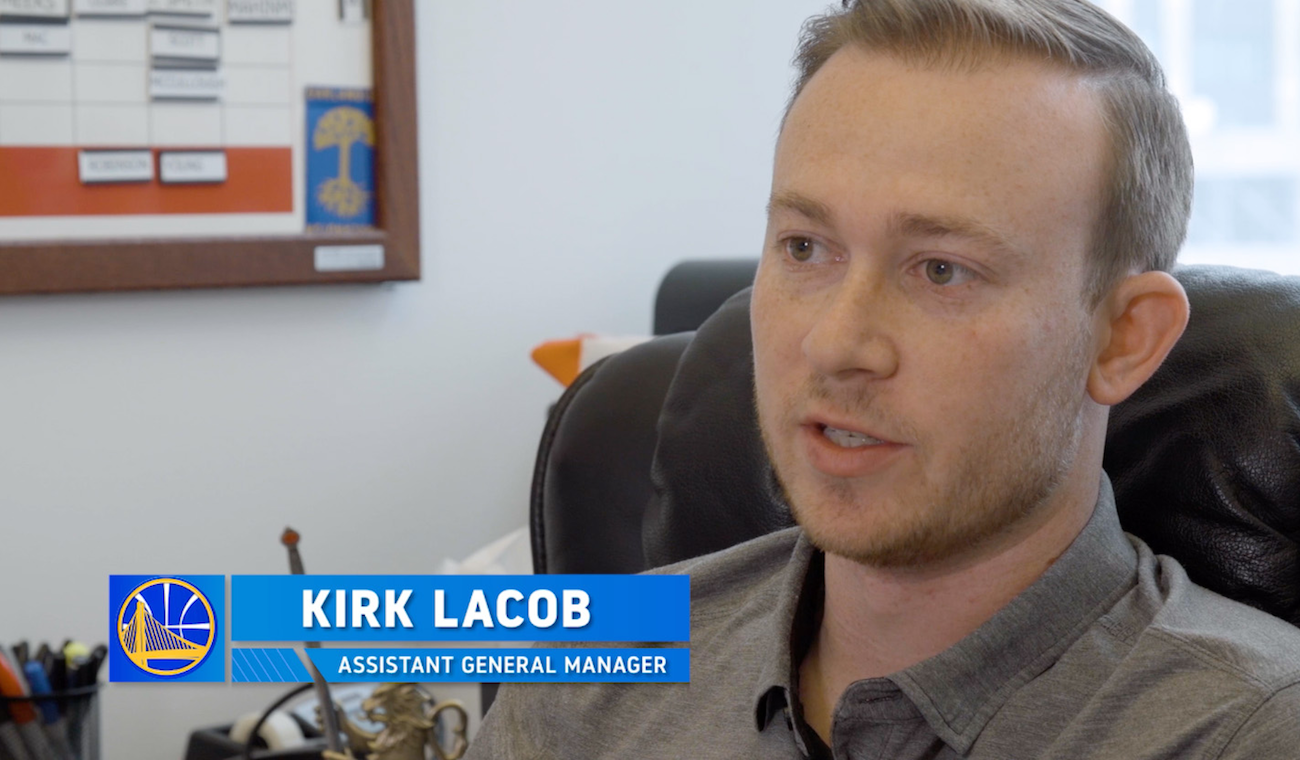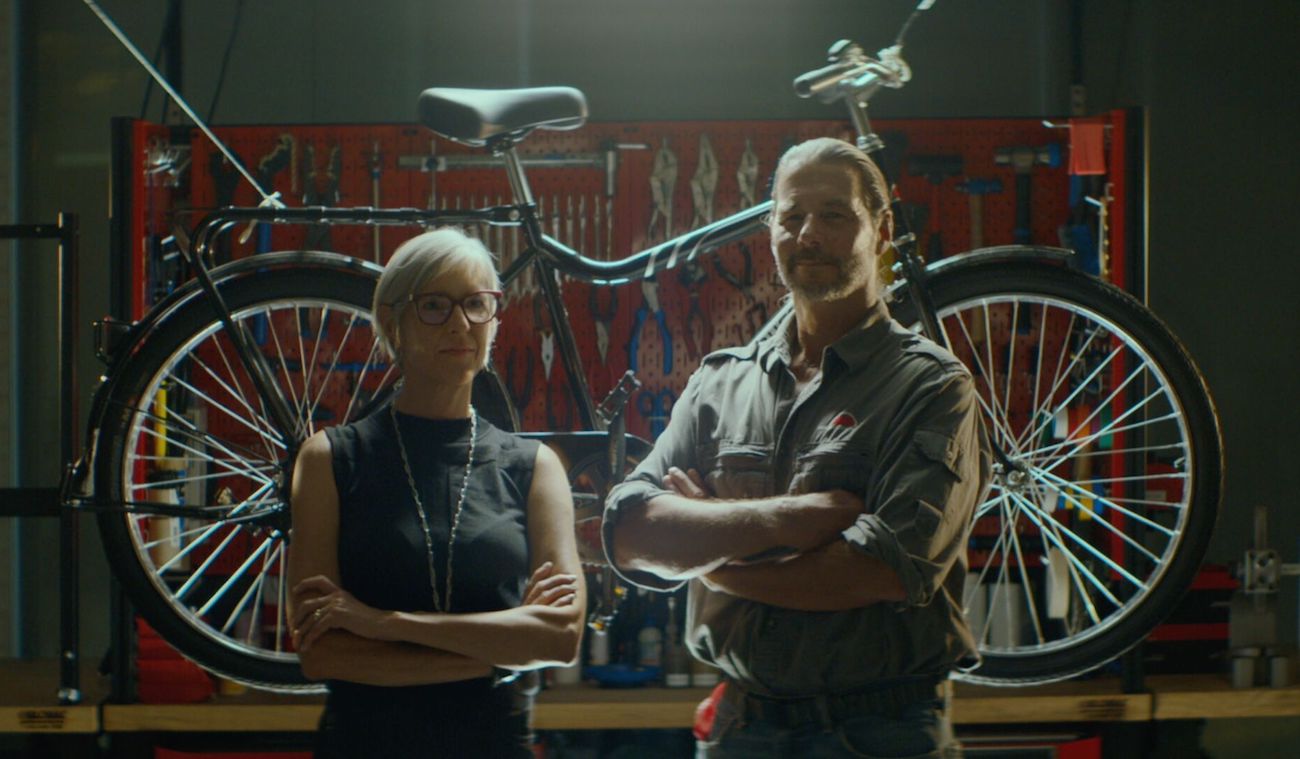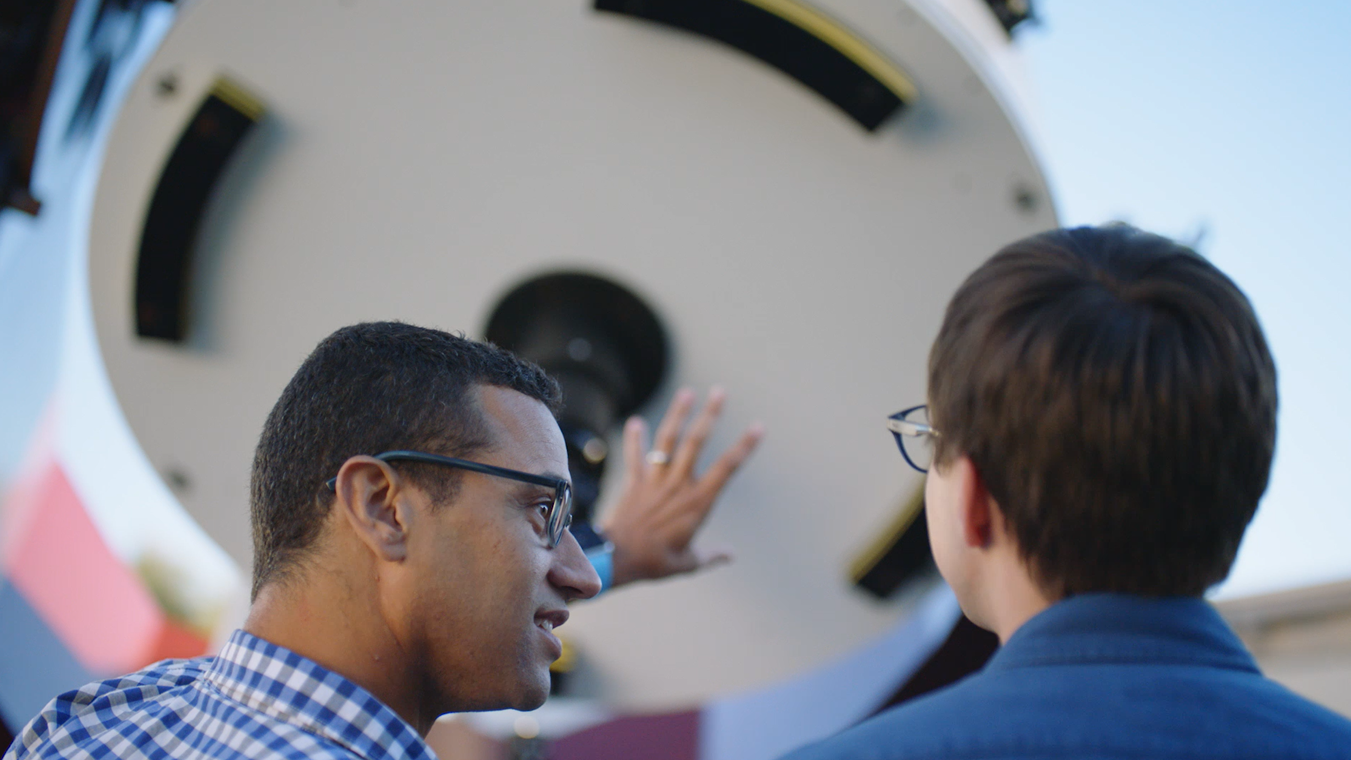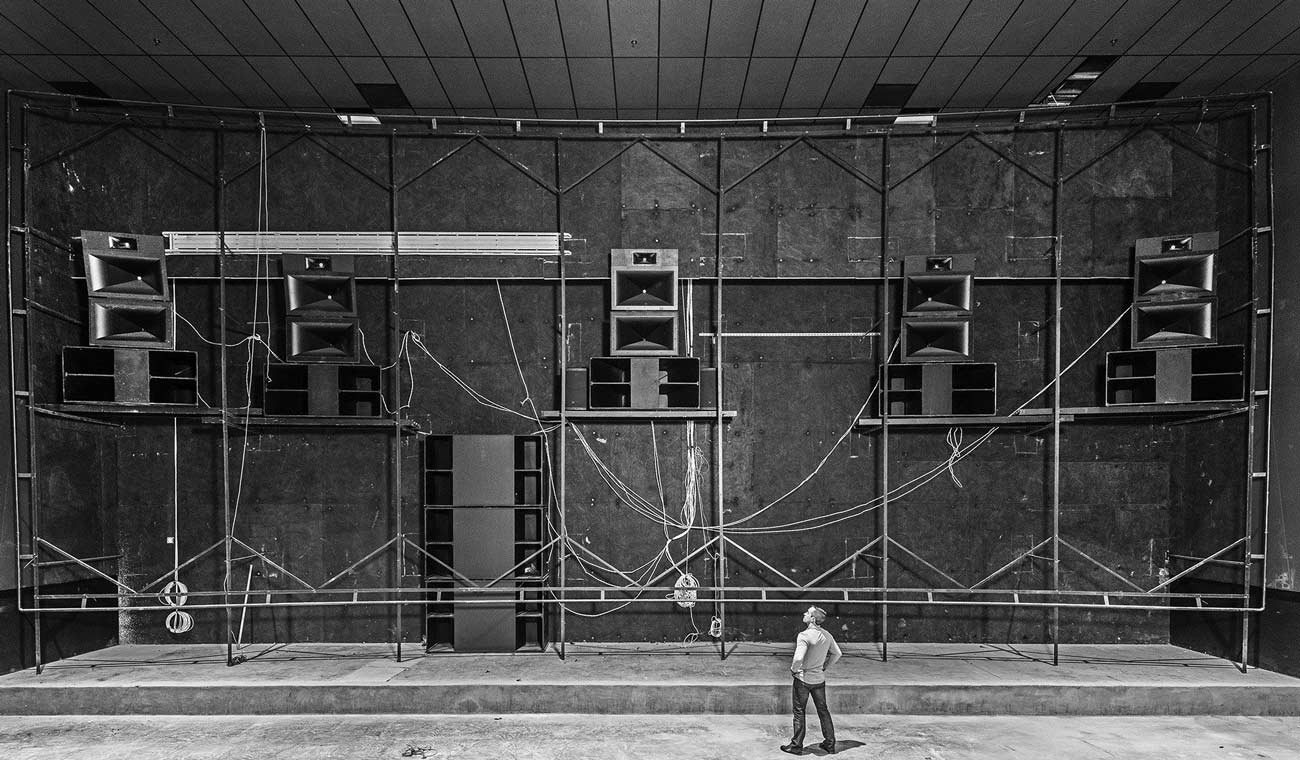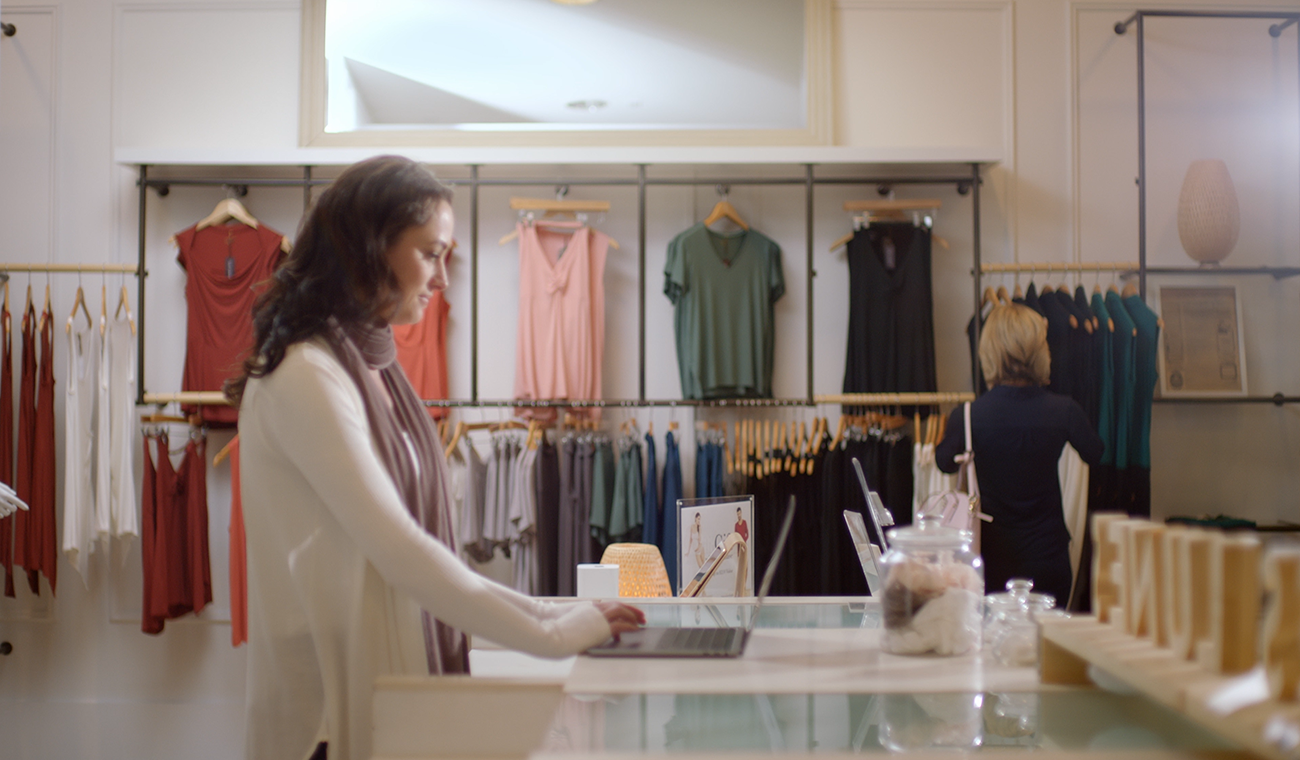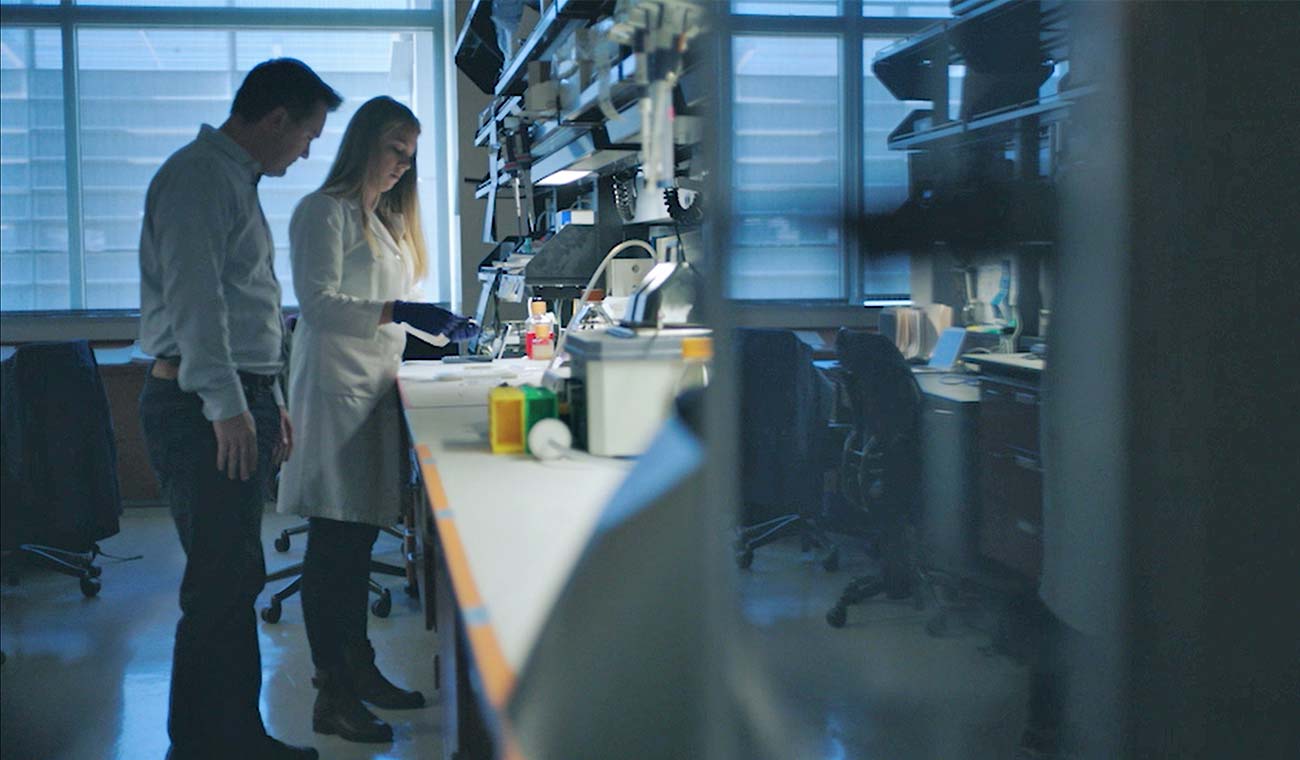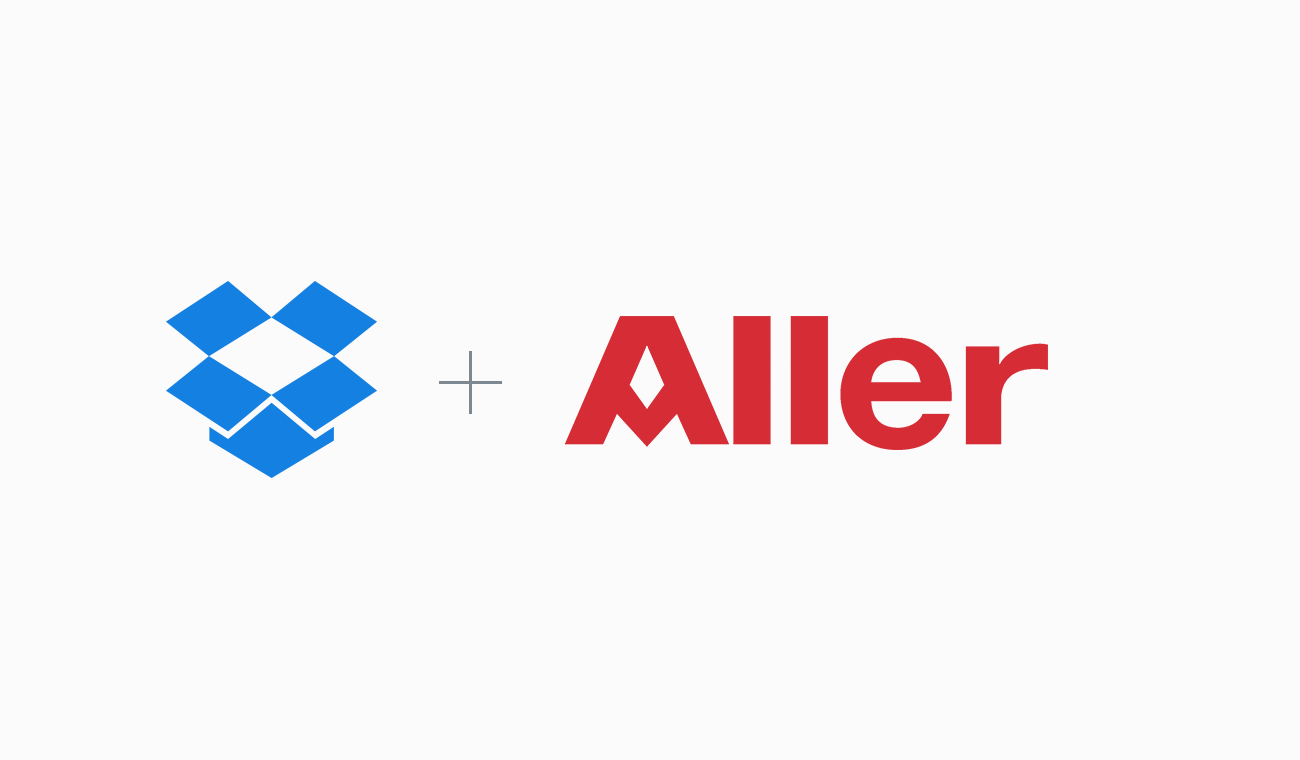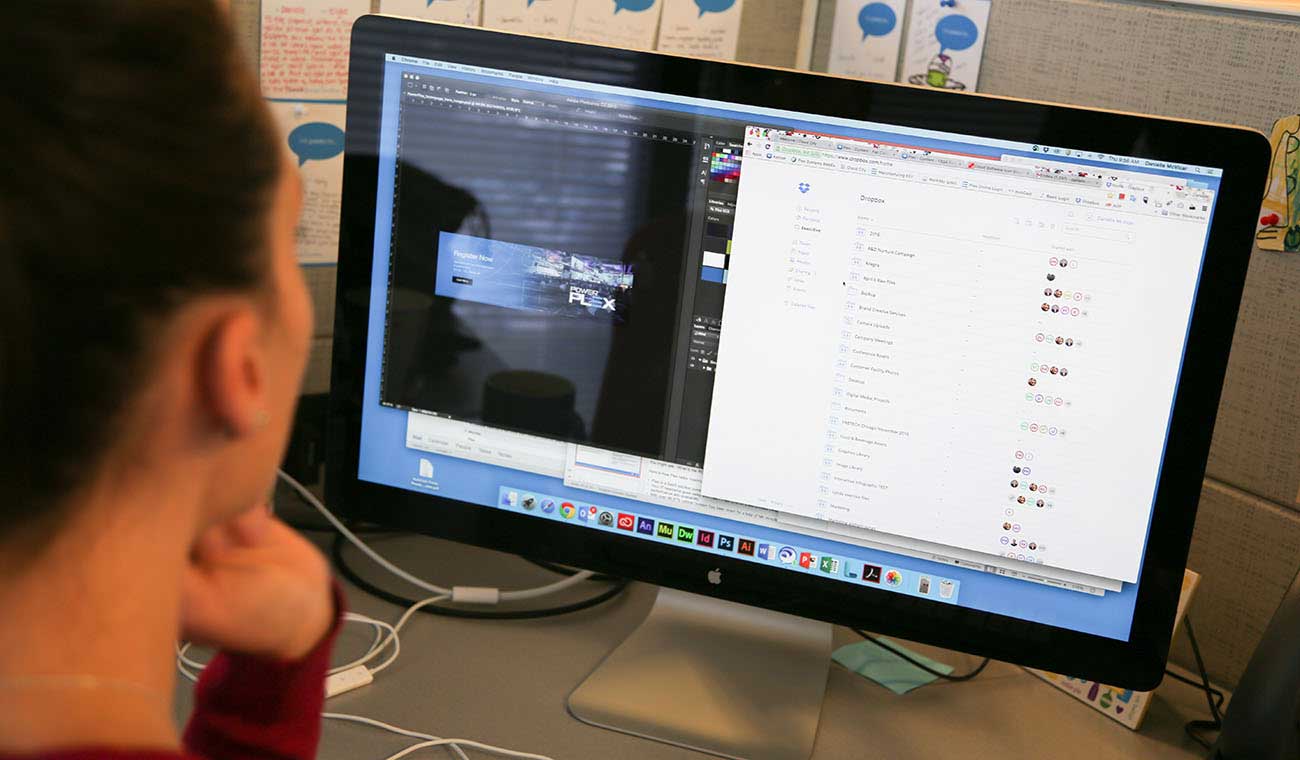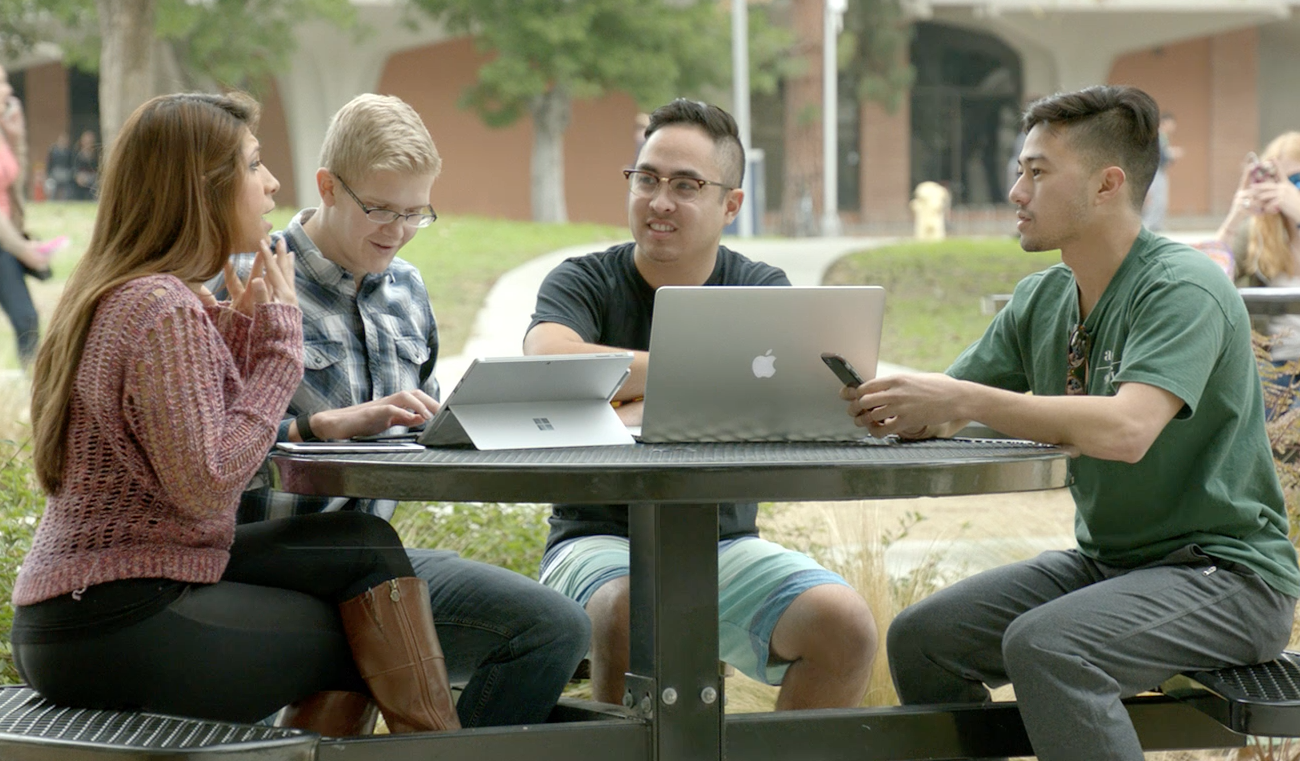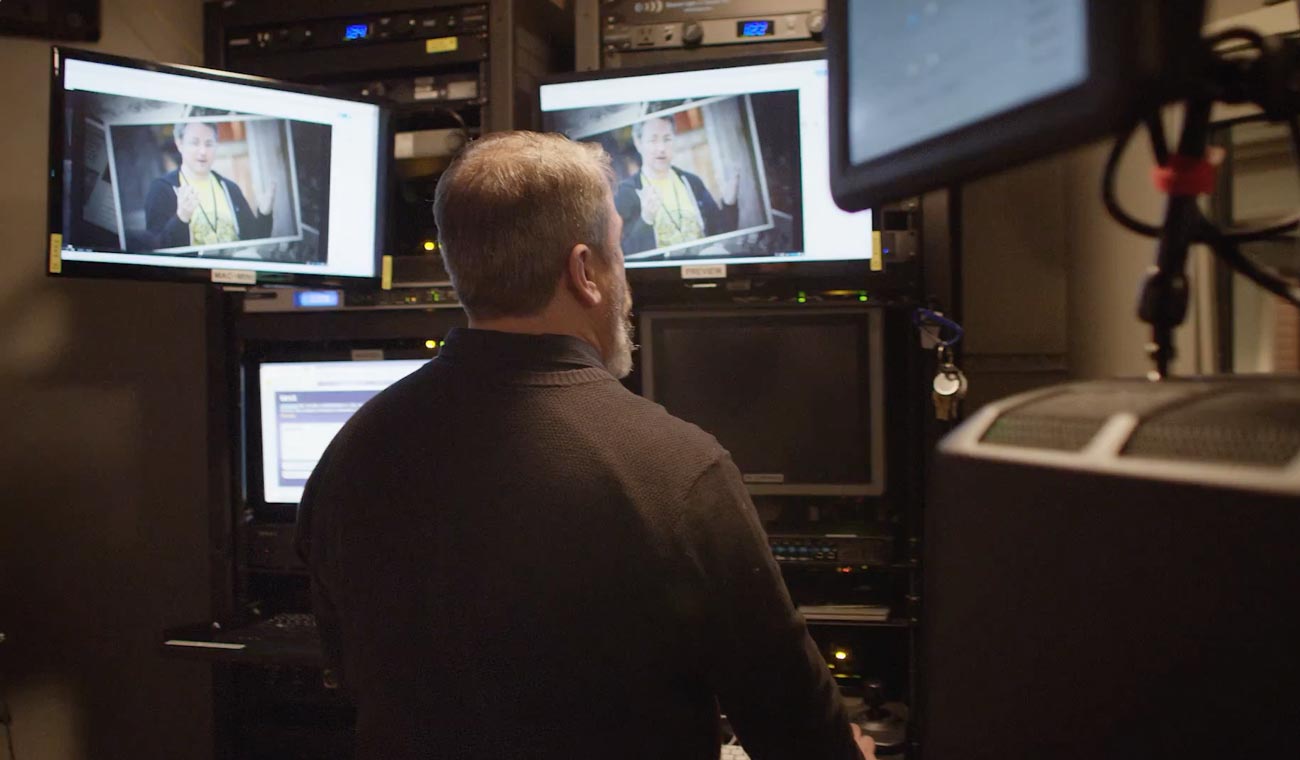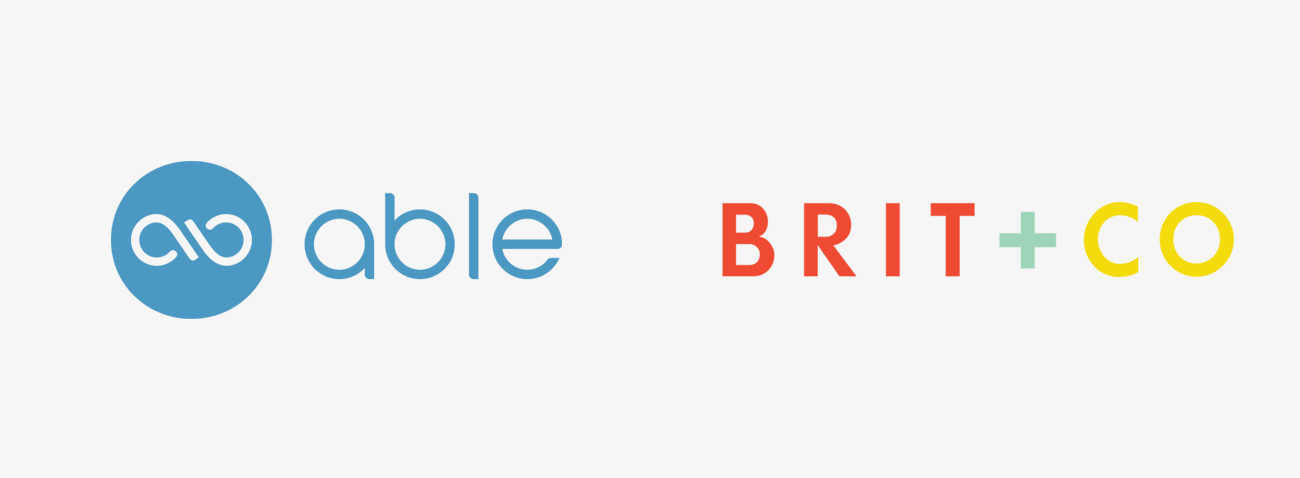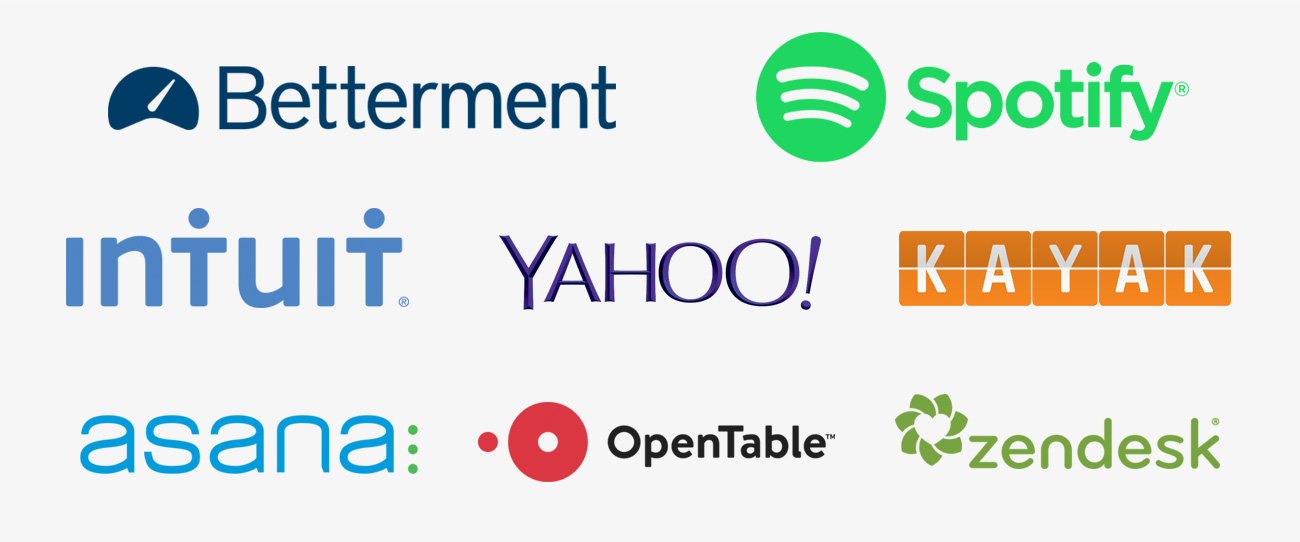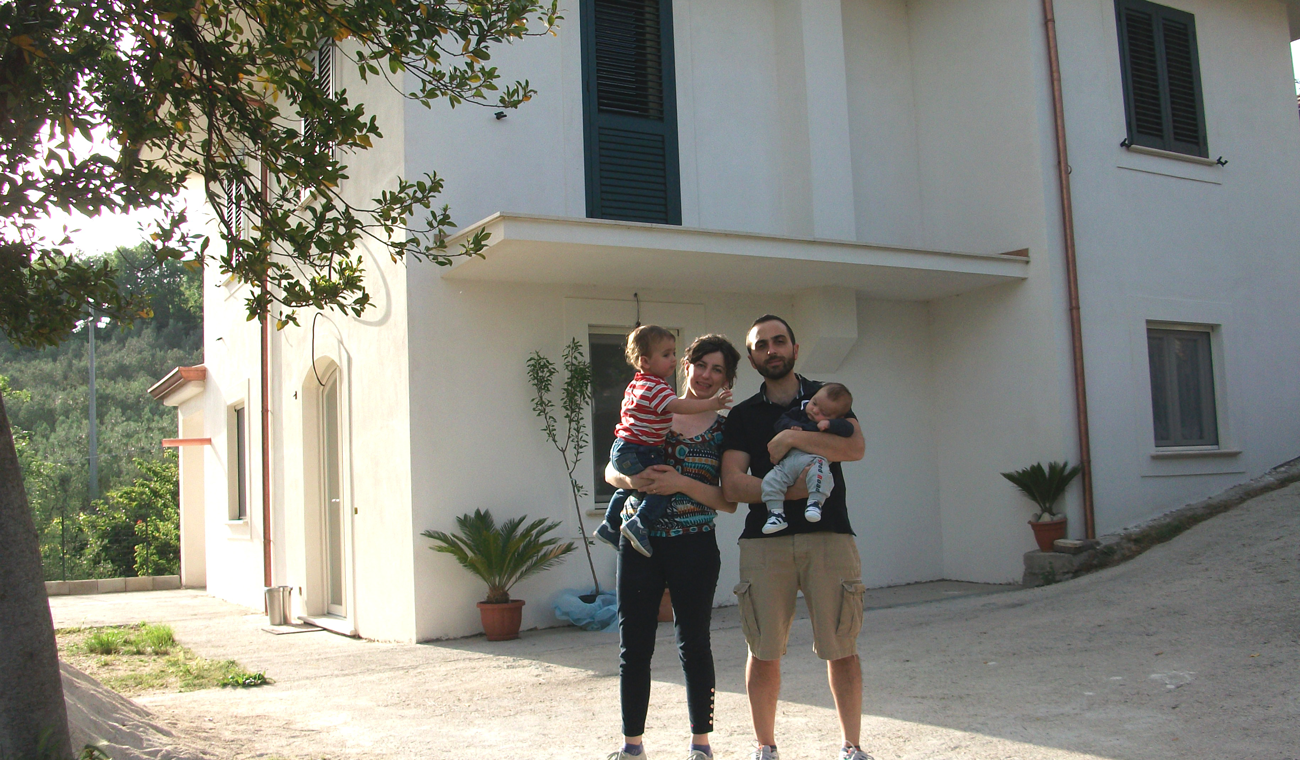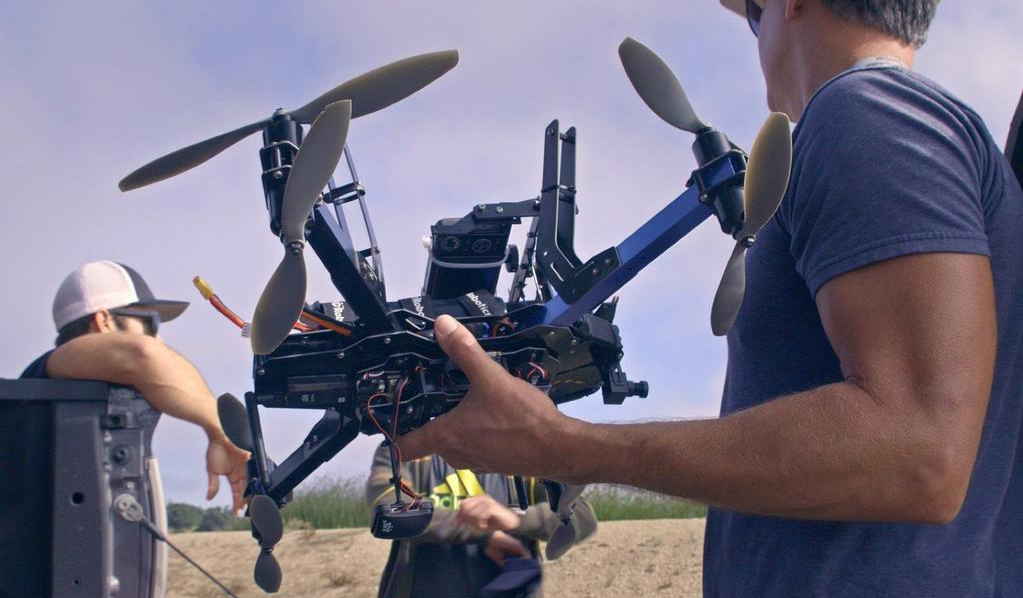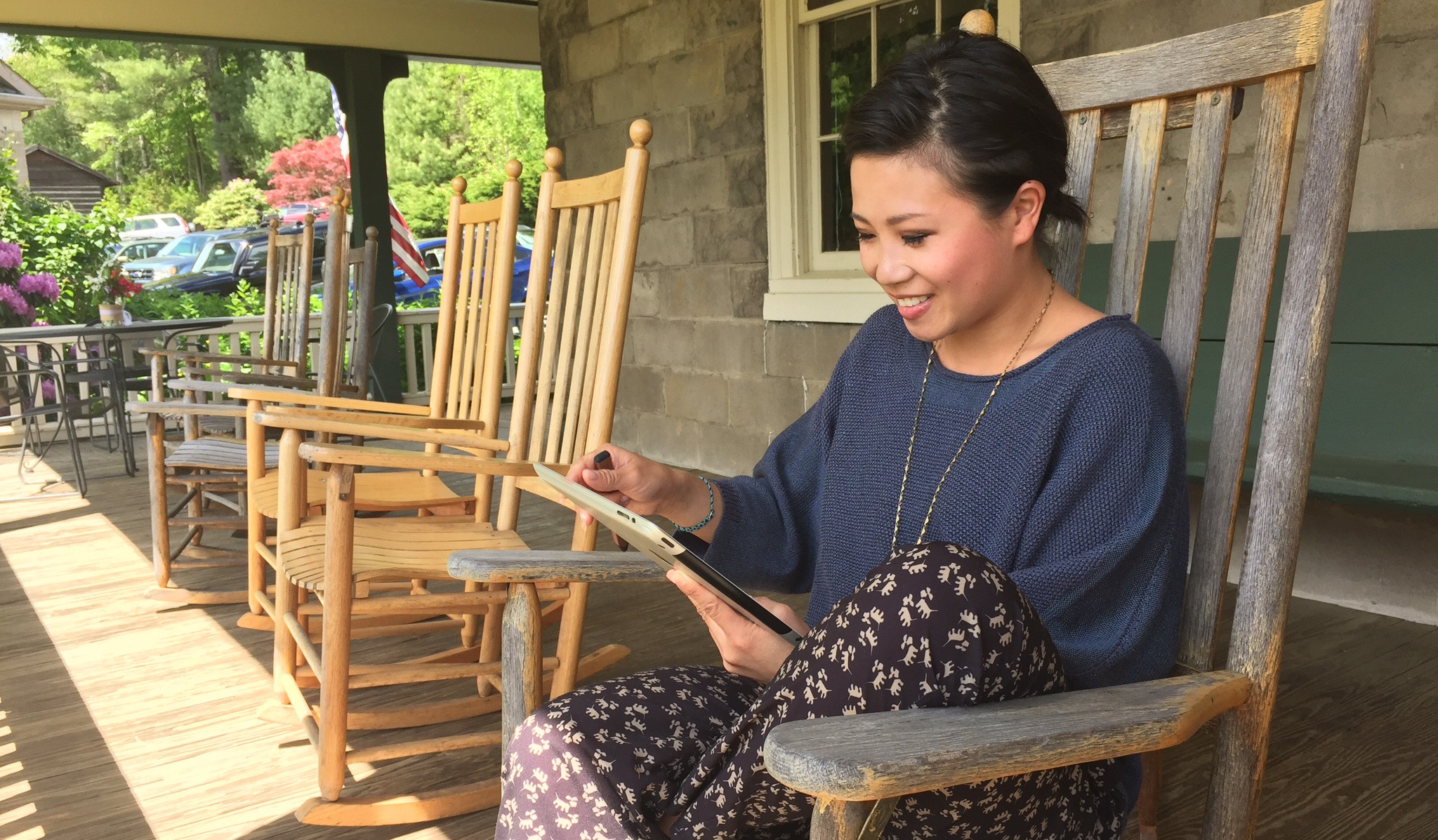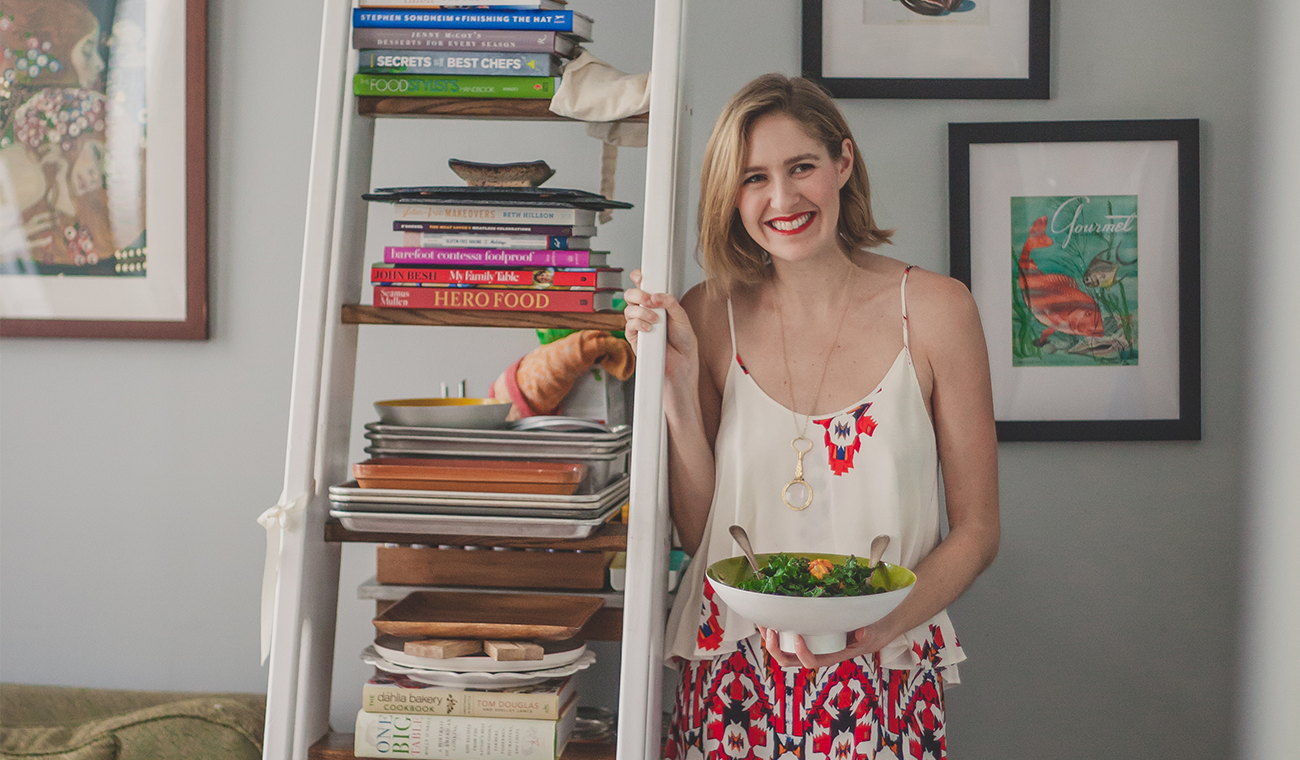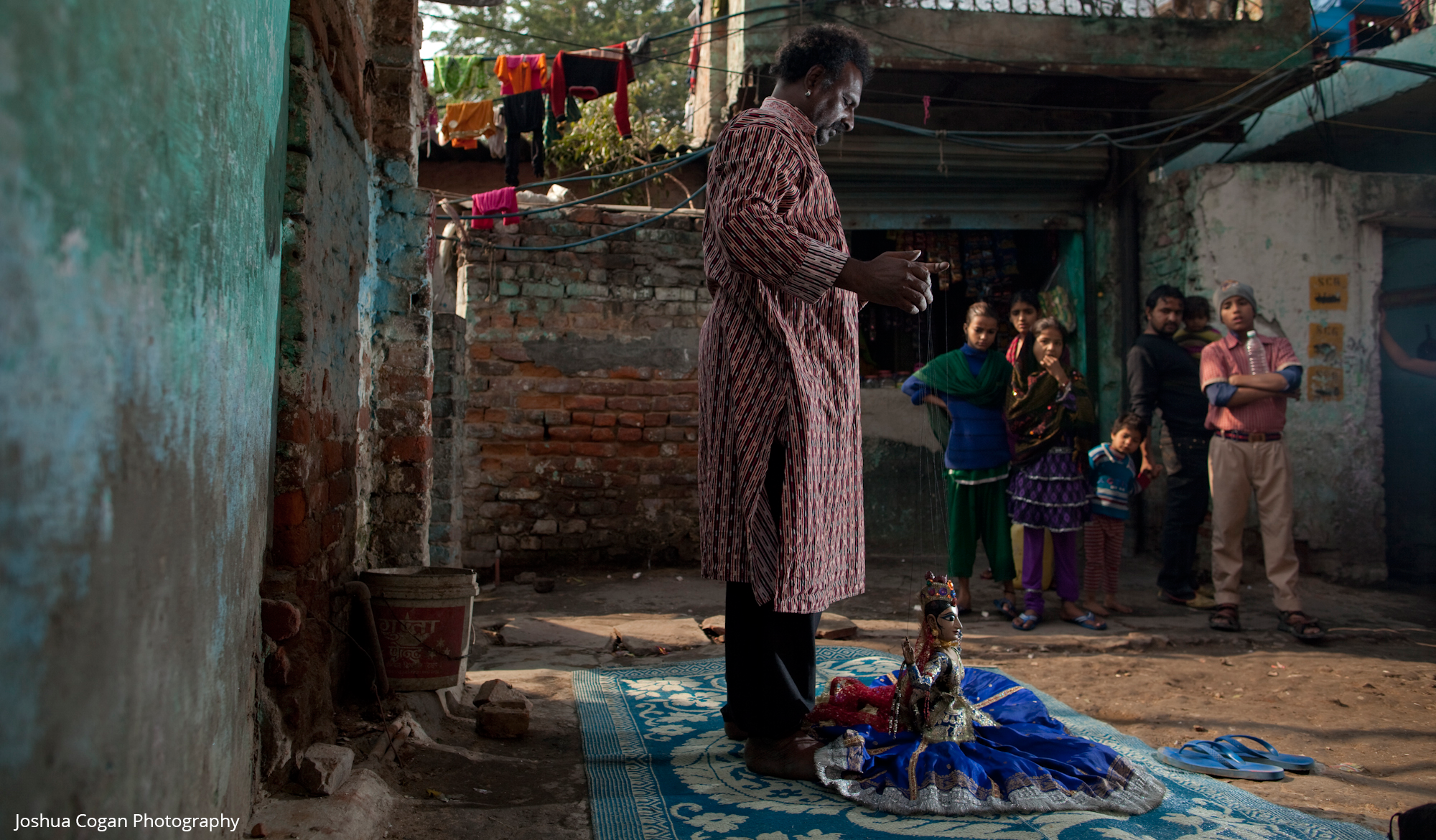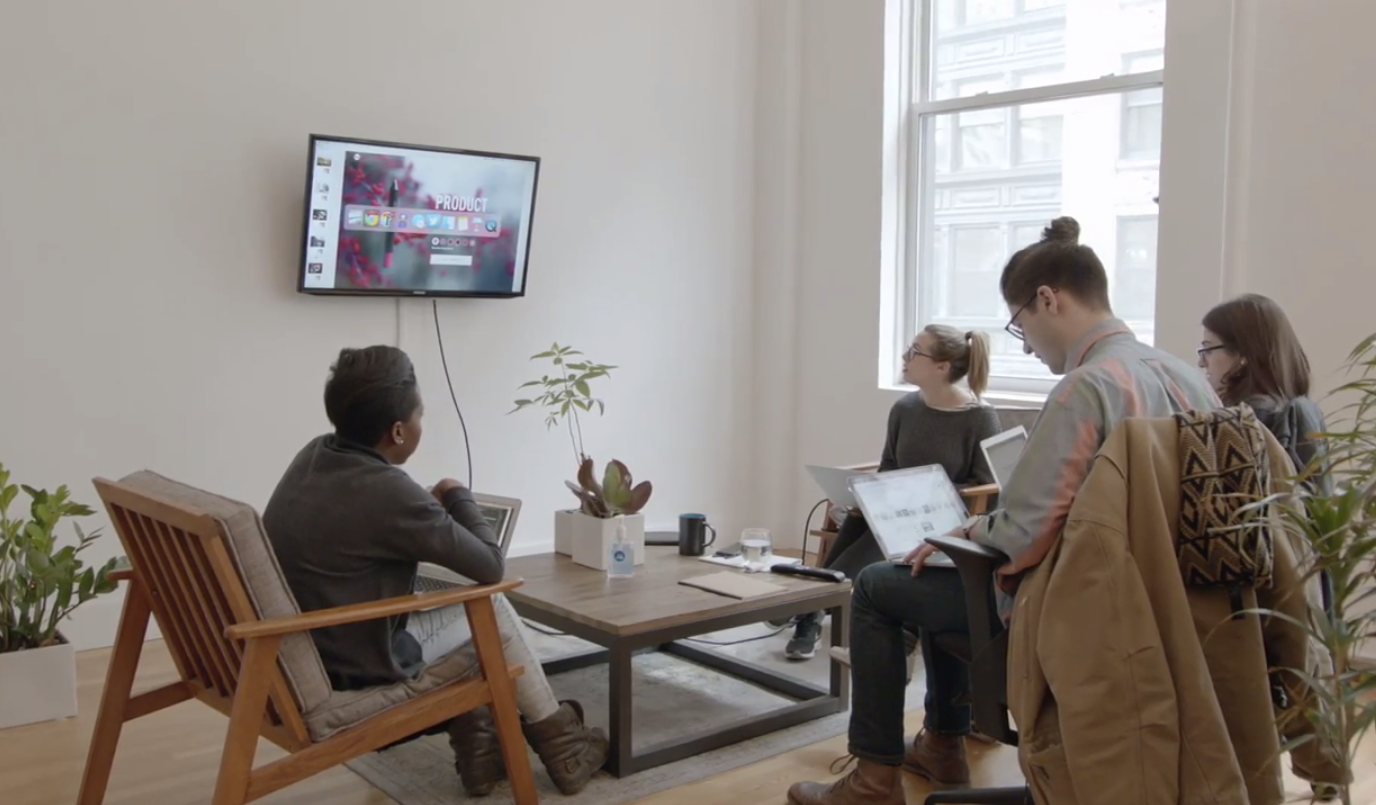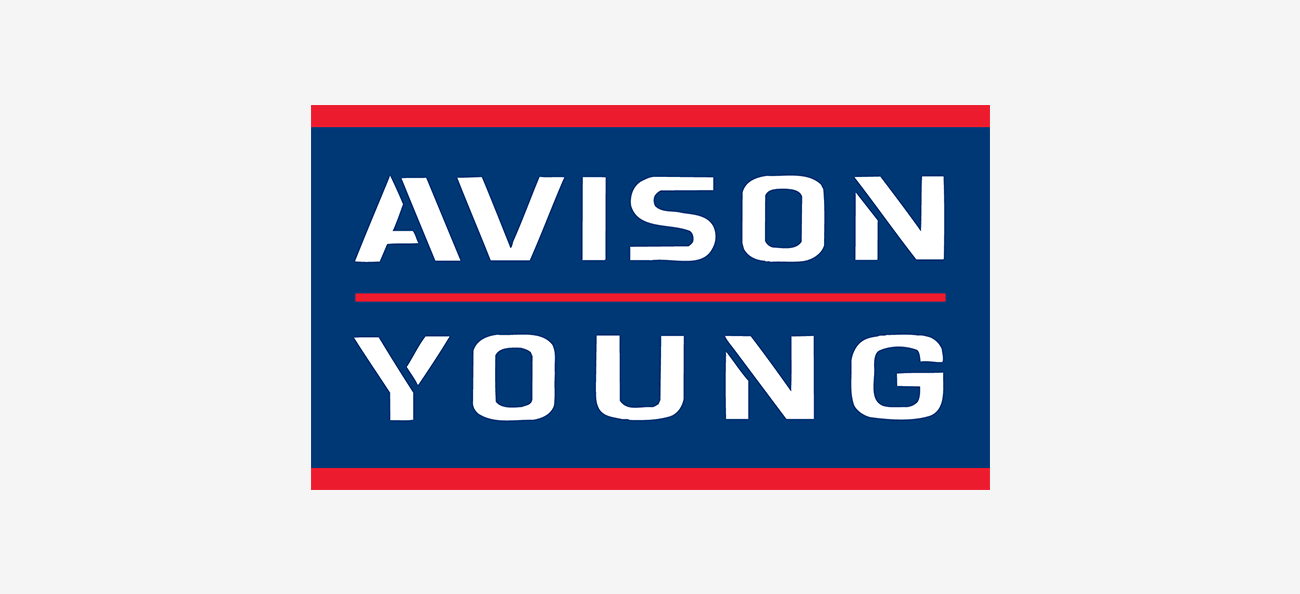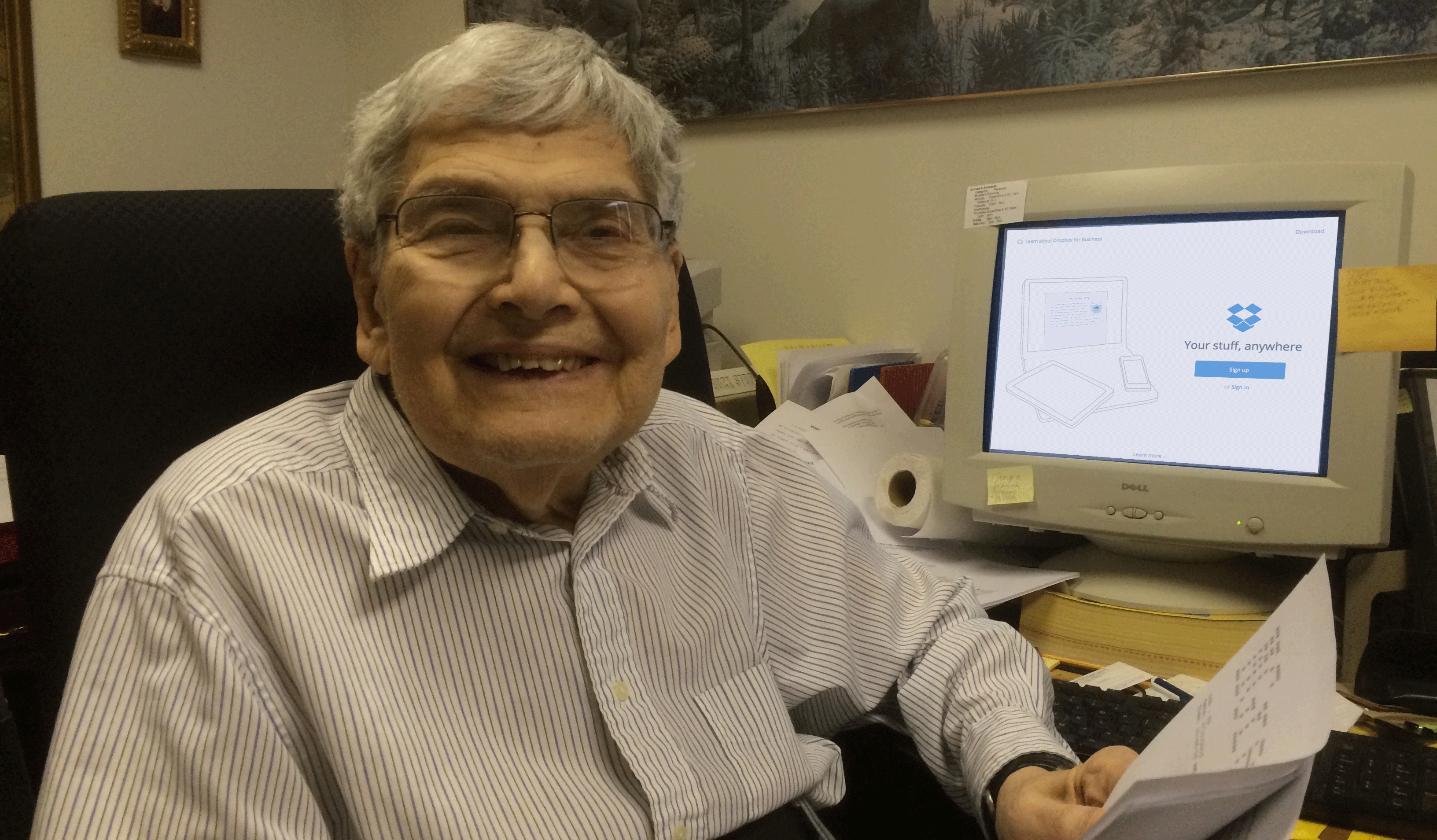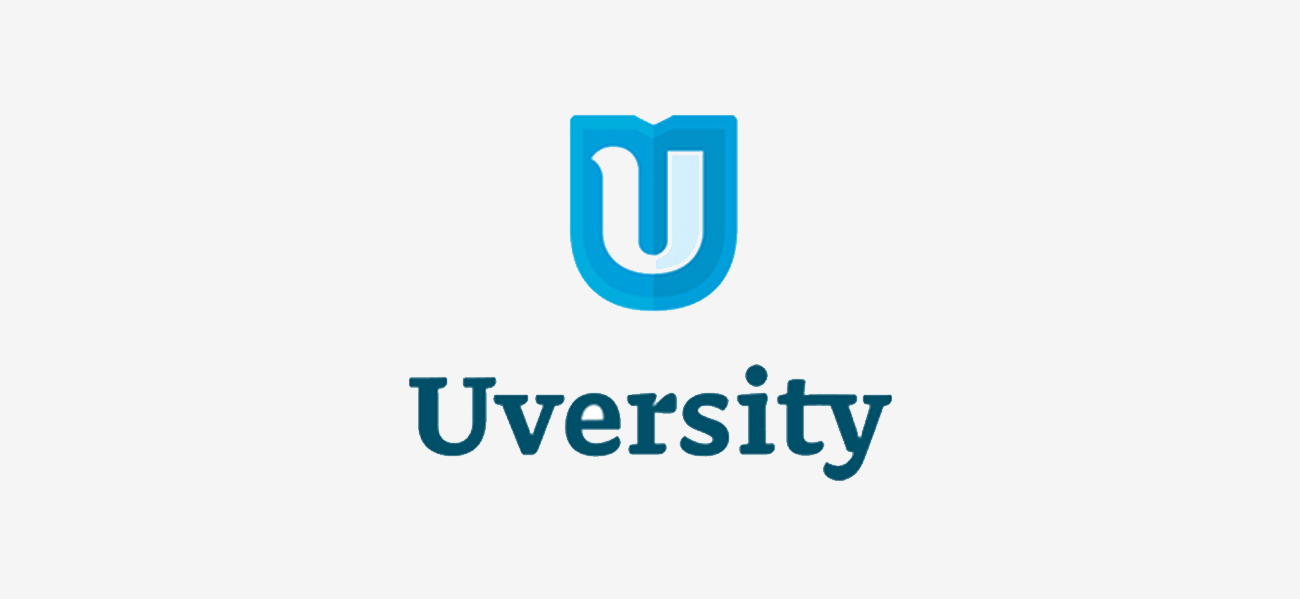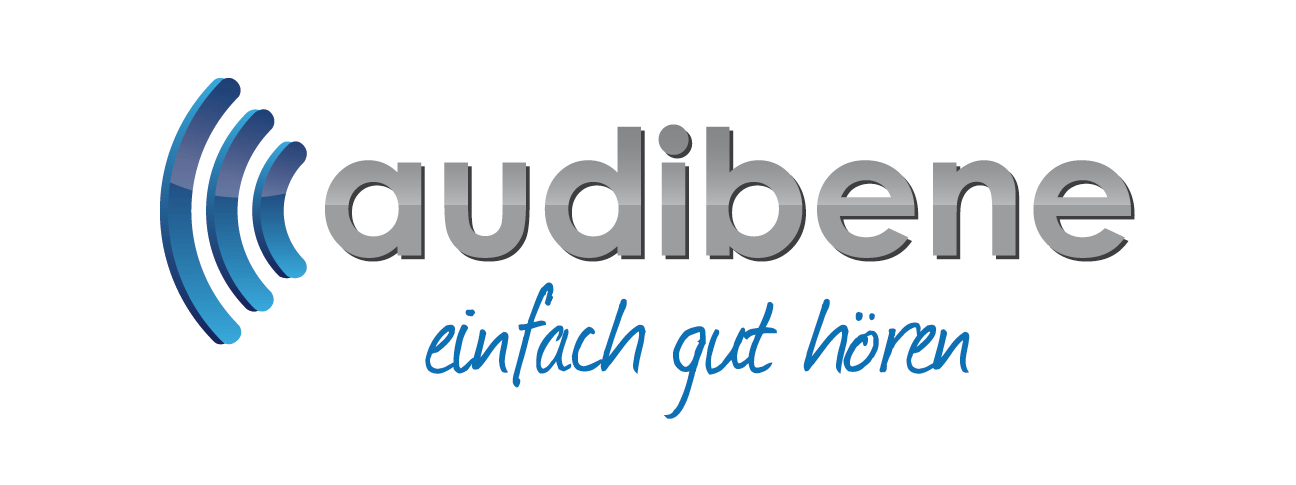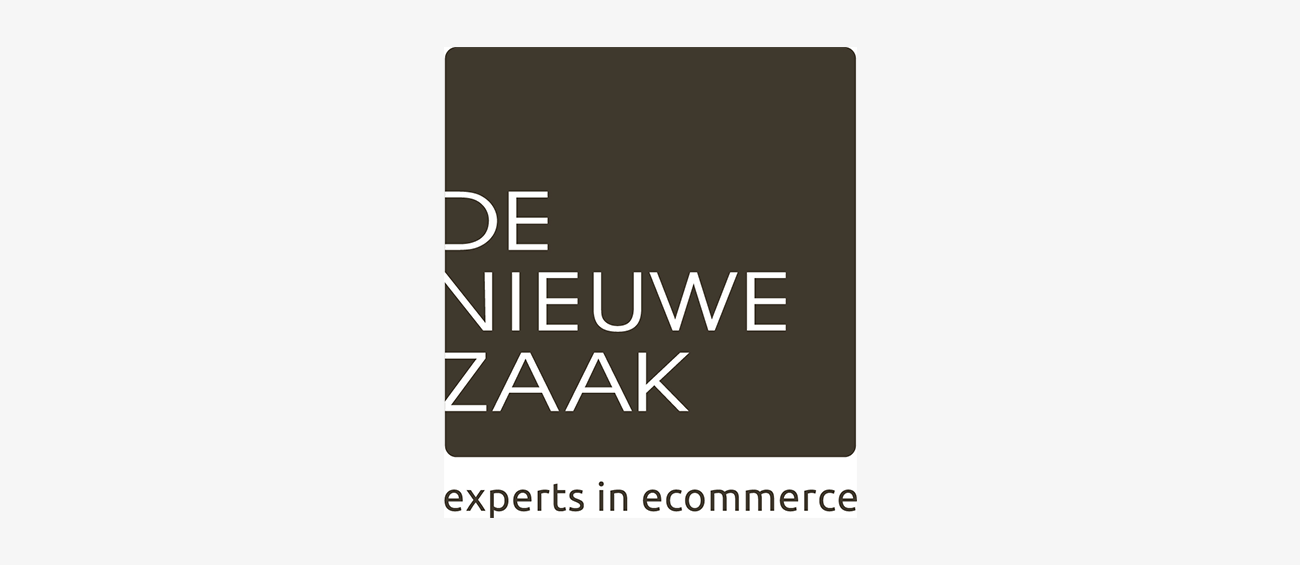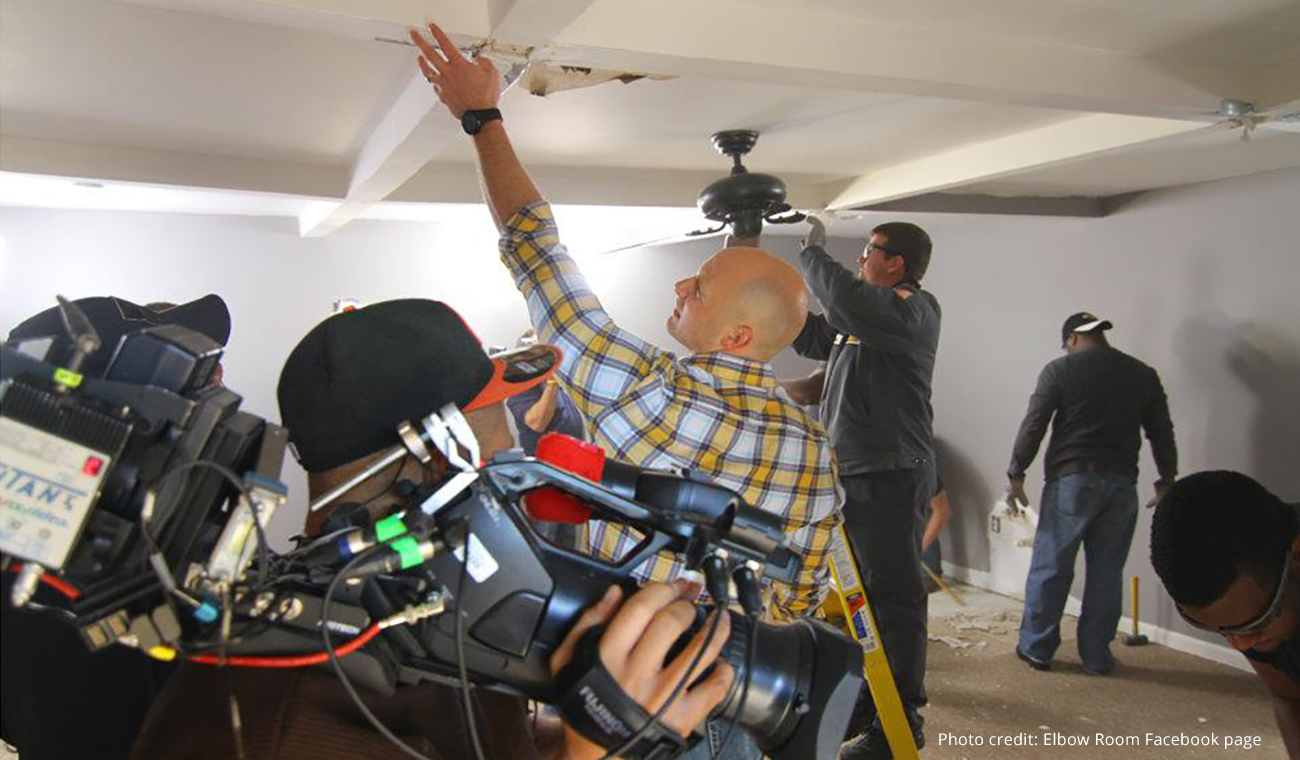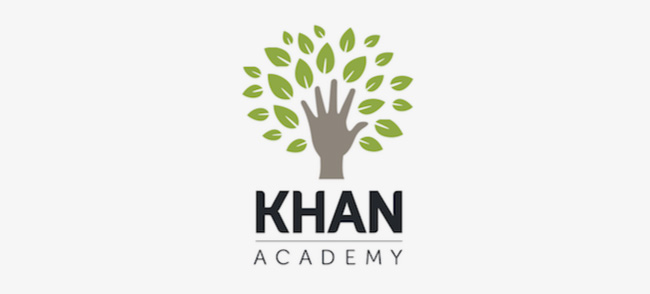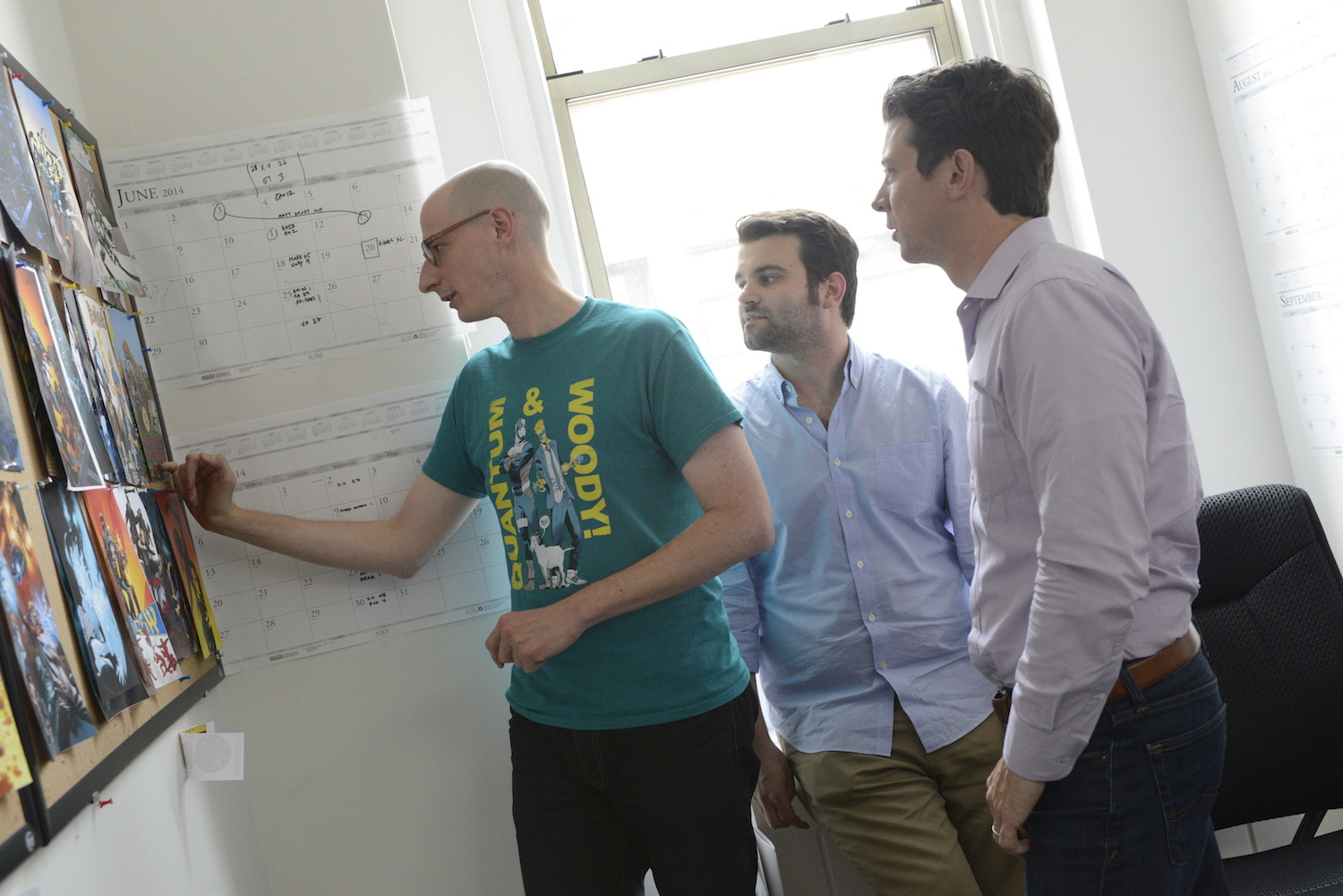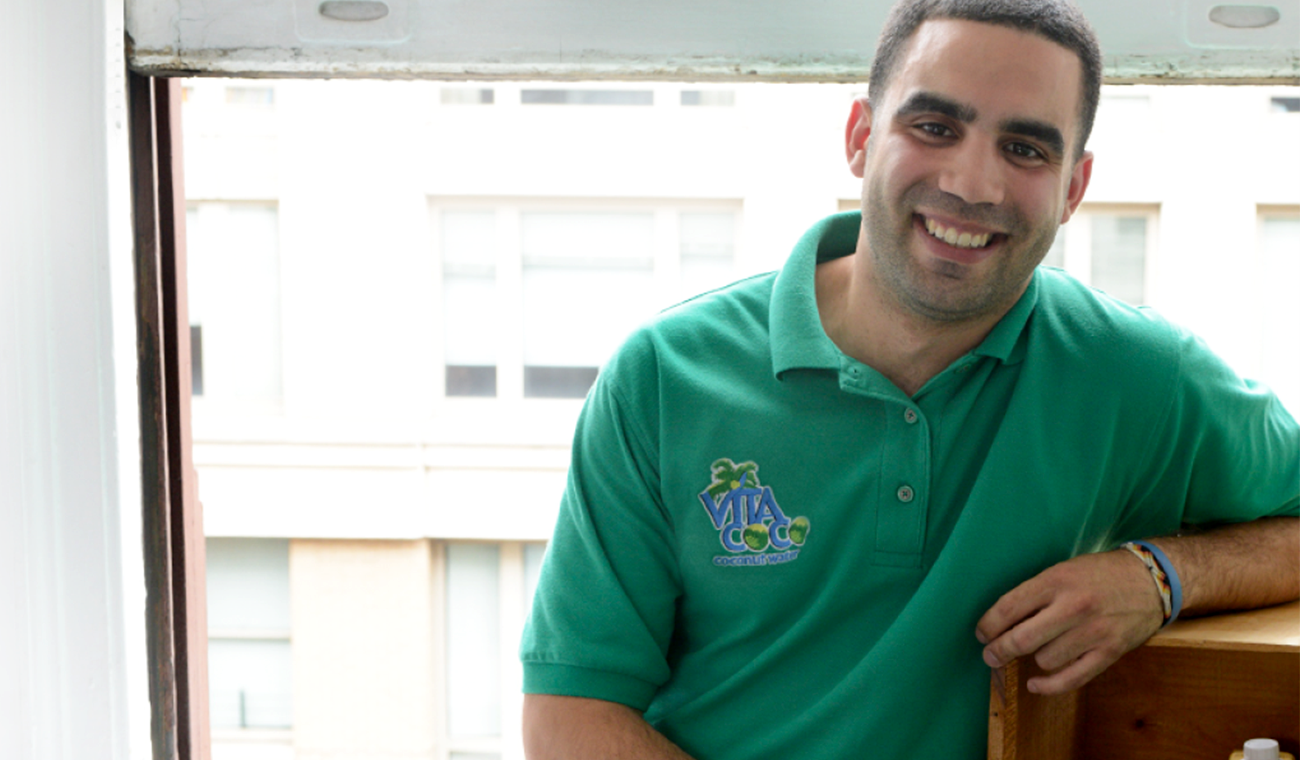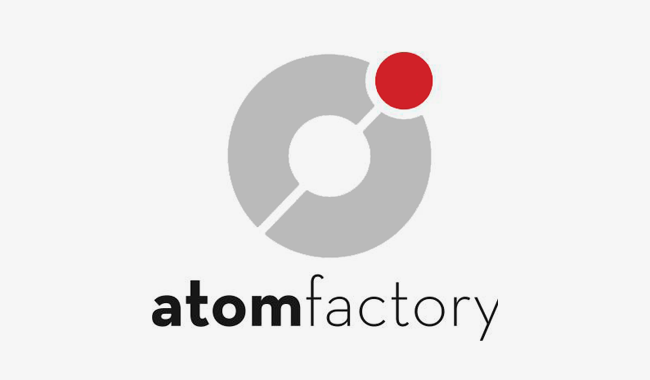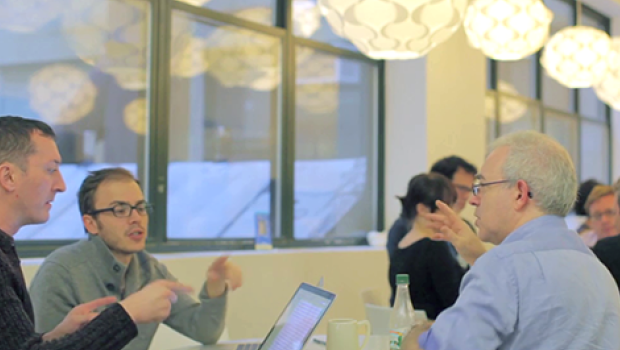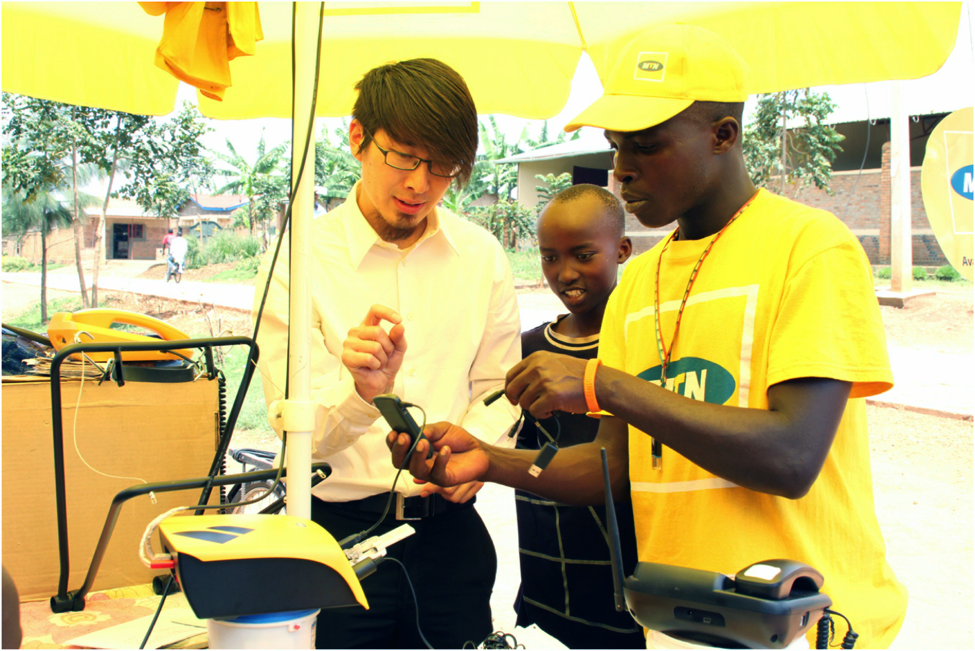
Behind the bread: Tartine's approach to growing a sustainable food business
Published on December 06, 2019
Tartine co-founder Chad Robertson recalls exactly where he was the first time he really tasted bread.
He was on a weekend field trip in the Berkshire mountains of Massachusetts, traveling with a group of other aspiring chefs. He remembers the moment the way you might recall a first kiss.
“First, the smell hit me when I walked into this old brick barn,” says Robertson. “You smell sourdough and dark caramelized crust, all flavors and aromas I had never experienced. Just a depth and a complexity of fermentation flavors. It really had a big impact on me.”
Robertson recalls how his mentor, Richard Bourdon, had a similar epiphany when he first tasted good bread. “He said, ‘I'm going to drop everything I'm doing and learn how to make this, because there needs to be more of this in the world.’”
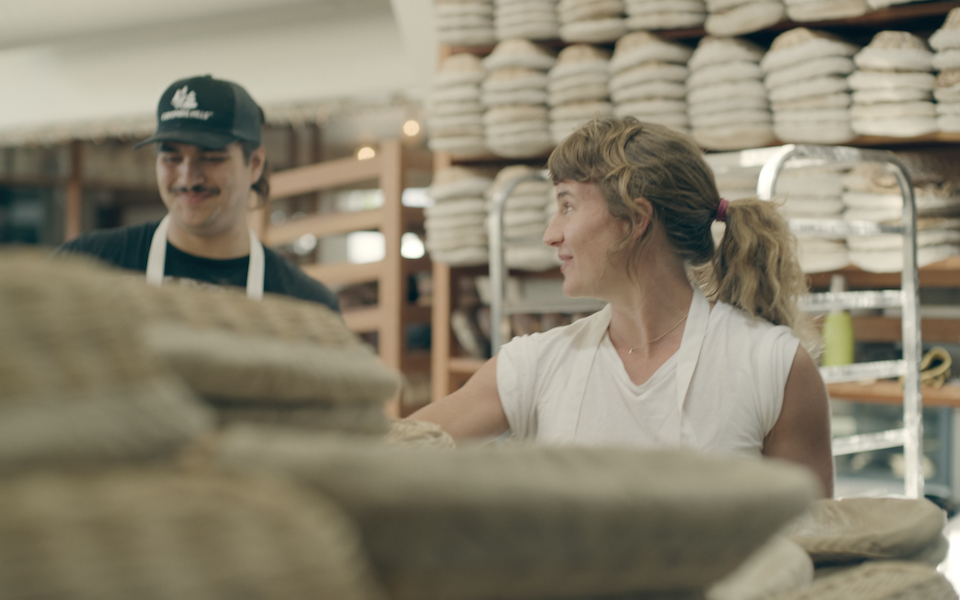
So Robertson set out to make that happen. While attending Culinary Institute of America in New York in the early 90s, Robertson met his co-founder Elizabeth Prueitt. After traveling to France for an apprenticeship, they returned home inspired to establish a bakery with a culture of continual learning and refining summed up in their motto, “Rise each day.”
Today, Tartine is as famous for their fans lining up for fresh loaves as they are for the slow food movement they helped pioneer. Their Country Bread and pastries have won awards from the James Beard foundation and earned praise from countless culinary heroes, including Alice Waters, owner of Chez Panisse, the acclaimed Berkeley restaurant credited for inspiring California Cuisine.
Rather than guard the secrets of their success, they’ve freely shared them with the public in six popular cookbooks (with a seventh in the works). So how did these entrepreneurial bakers grow from their first taste of inspiration into what Bon Appétit calls “America’s most influential bakery”?
“Sustainability is at the forefront of everything we do.”—Vinn Brooks
At the core of their success has been a commitment to nutrition and sustainability that drives every aspect of their business.
“I was taught that nutrition, long fermentation, sourcing the best fresh milled, whole grain flours were all really important things,” says Robertson. “The very first grain I worked with was organic. All these things were the starting point for me. It was the foundation I've built everything on.”
It’s an ethos shared by all Tartine employees, including their Head of Bread, Jen Latham.
“There's something very elemental about bread,” says Latham. “It's just flour, water, salt, and it's something that's been a cornerstone of so many cultures across the world for so long.”
For most of post-industrial baking history, flour had to be shelf stable so it could sit in the grocery for months and not go bad. “The way our miller mills now, we're able to get fresh flour that's truly complete, but that's still really fine and soft,” says Latham. “We're working with a lot more grains that are available to us now that haven't been widely available to bakeries for the last 50 to 100 years.”

“If I'm diligent and open, and willing to observe that knowledge, then explore it, that's how we've made the biggest breakthroughs.”—Chad Robertson
Robertson says some of the most important lessons he’s learned came from accidents or trying something new to see what works.
"Tartine is really about the best idea—it doesn't matter who it comes from,” says Robertson. “I have so many examples over the years of improving something we do by just observing an accident that it's become a central part of the philosophy. My takeaway was to always keep an open mind. If I'm diligent and open, and willing to observe that knowledge, then explore it, that's how we've made the biggest breakthroughs.”
Having an open mindset is especially necessary for the bakers who have to adapt to different conditions that affect the bread on a daily basis.
“The funny thing about making bread is that you're never doing the exact same thing every day to get the same results,” says Latham. “The weather is different. The flour is different. The starter is different. The bakers are different. It really comes down to this empathy you have with the dough. What does it need at this moment to move on to the next step?”

Latham says that’s part of the reason she loves her work so much: “You never stop. You're never done. You've never figured out the final answer to the country dough. You can't wash your hands and walk away. Every day is its own practice.”
“We have a big Dropbox pot where we put everything we want the other to see. It's a good way for us to have a central source of sharing things back and forth.”—Jen Latham
You might well ask: Why would a baker need a smart workspace? Aren’t they too busy kneading dough to get distracted by app notifications and unread emails?
Though Tartine is best known for their bread, they’re also famous for sharing their celebrated recipes in their acclaimed cookbooks—and putting those together takes an enormous amount of teamwork and collaboration.
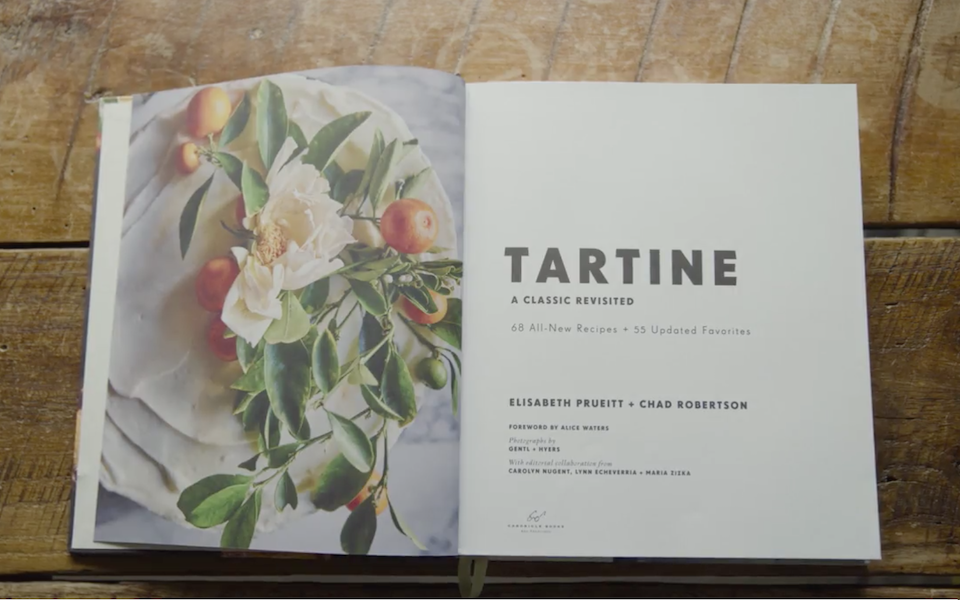
“We're working on a new book with some of these recipes that we've developed out of the flours that we're getting to use now,” says Latham. “That is sort of tricky because Chad and I are bouncing around a lot these days. So we have a big Dropbox pot where we just put everything we want the other to see. Sometimes it’s just a screen grab we’d like to incorporate in the book. Then we'll throw some recipes in. I'll write an intro to a bread section and toss it in there. He'll fix it up and send it back to me. So it's a good way for us to have a central source of sharing things back and forth.”

Vinn Brooks, Retail Educator for Coffee Manufactory, says he thinks of Dropbox as a “well” where the team can go to find all the information they need. “It's easy and accessible. We don't have to want for anything because everything is available.”
“Dropbox, across our company, is just a very effective communication tool,” adds Robertson. “We're on our seventh cookbook. We're sharing recipe files, notes, reports, photos, charts, schedules. We're trying to streamline and optimize the way we do what we do.”

“It went from being this tiny rarefied thing to public open source.”—Jen Latham
“We have a pretty special way of making bread,” says Latham. “There are only a few people who knew how to do it. As we grow, there are more Tartine bakers in the world. Now instead of four people who know how to make Tartine bread, there are 30.”
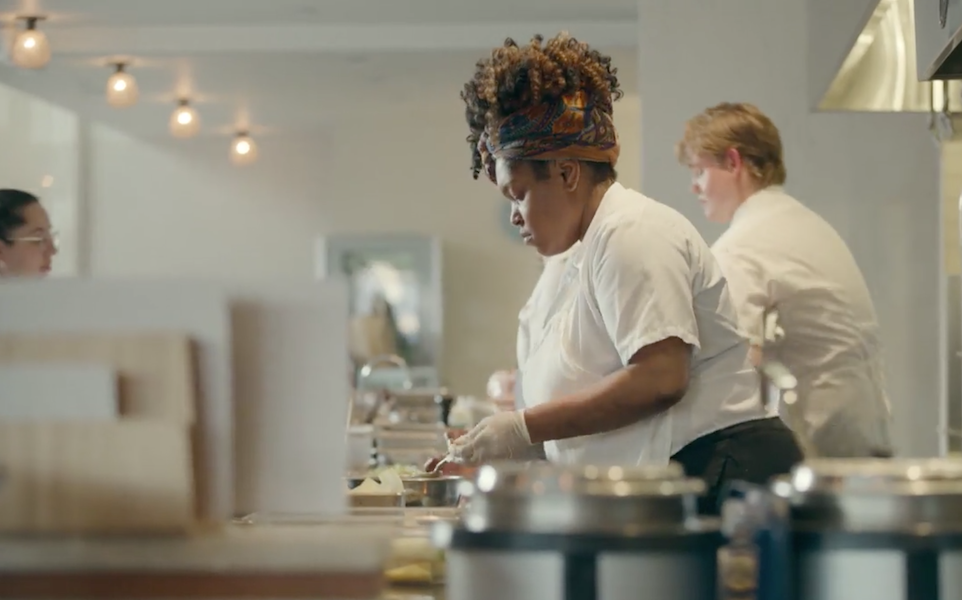
Through the cookbooks, they’re showing others how to carry on the tradition. “If you can copy that template and make another small bakery here, and another small bakery there, then you're touching more communities and getting more good bread to more people,” says Latham.



